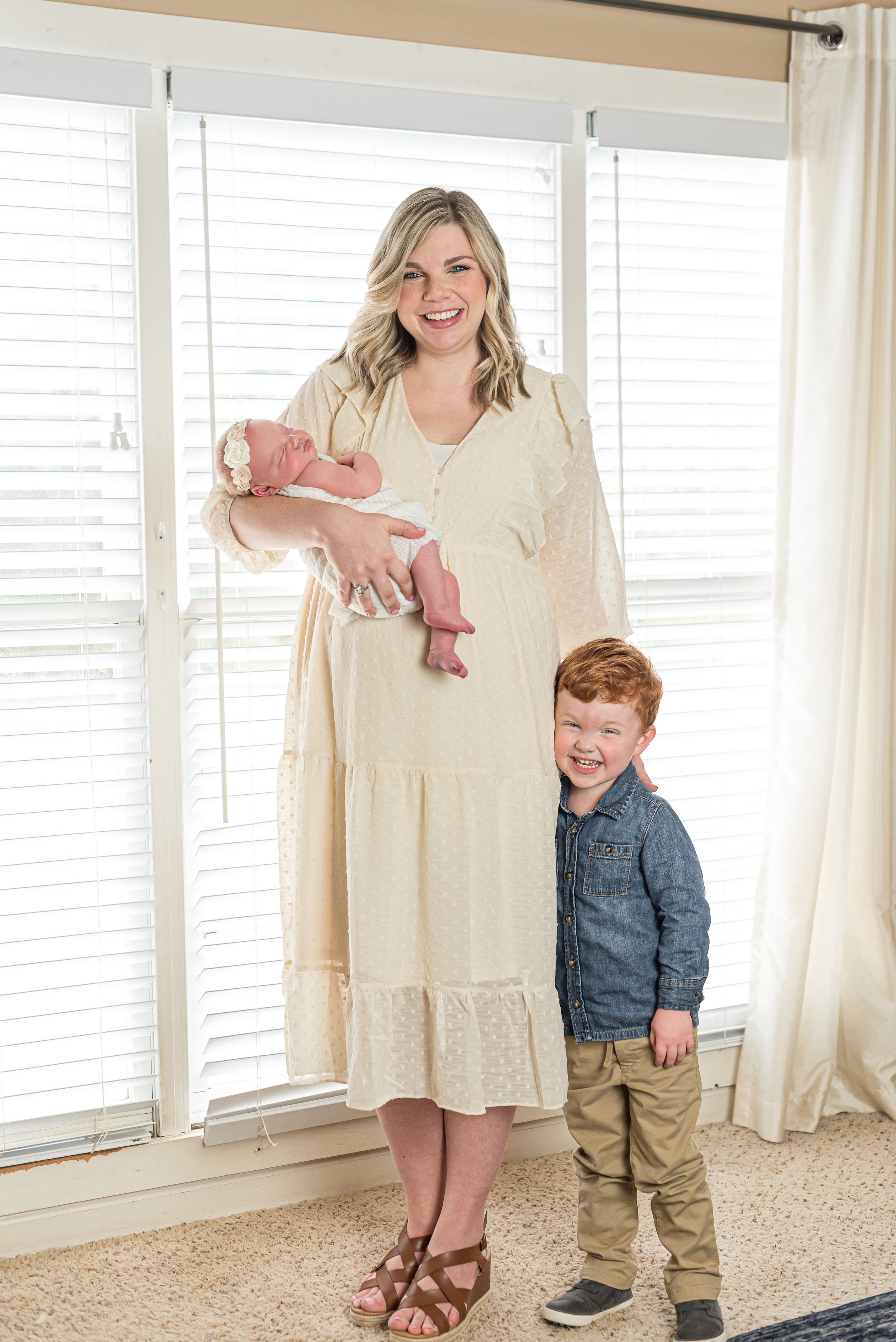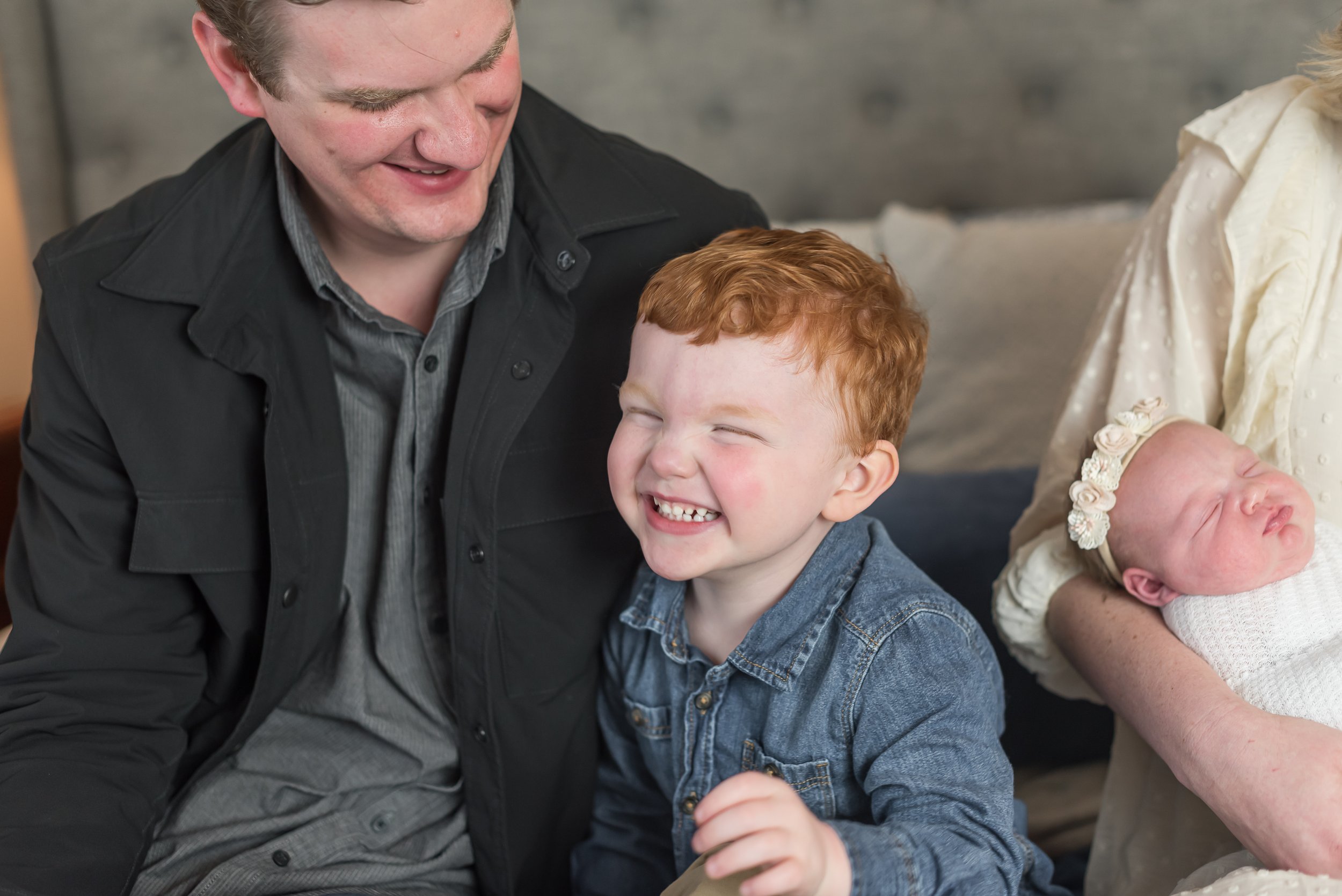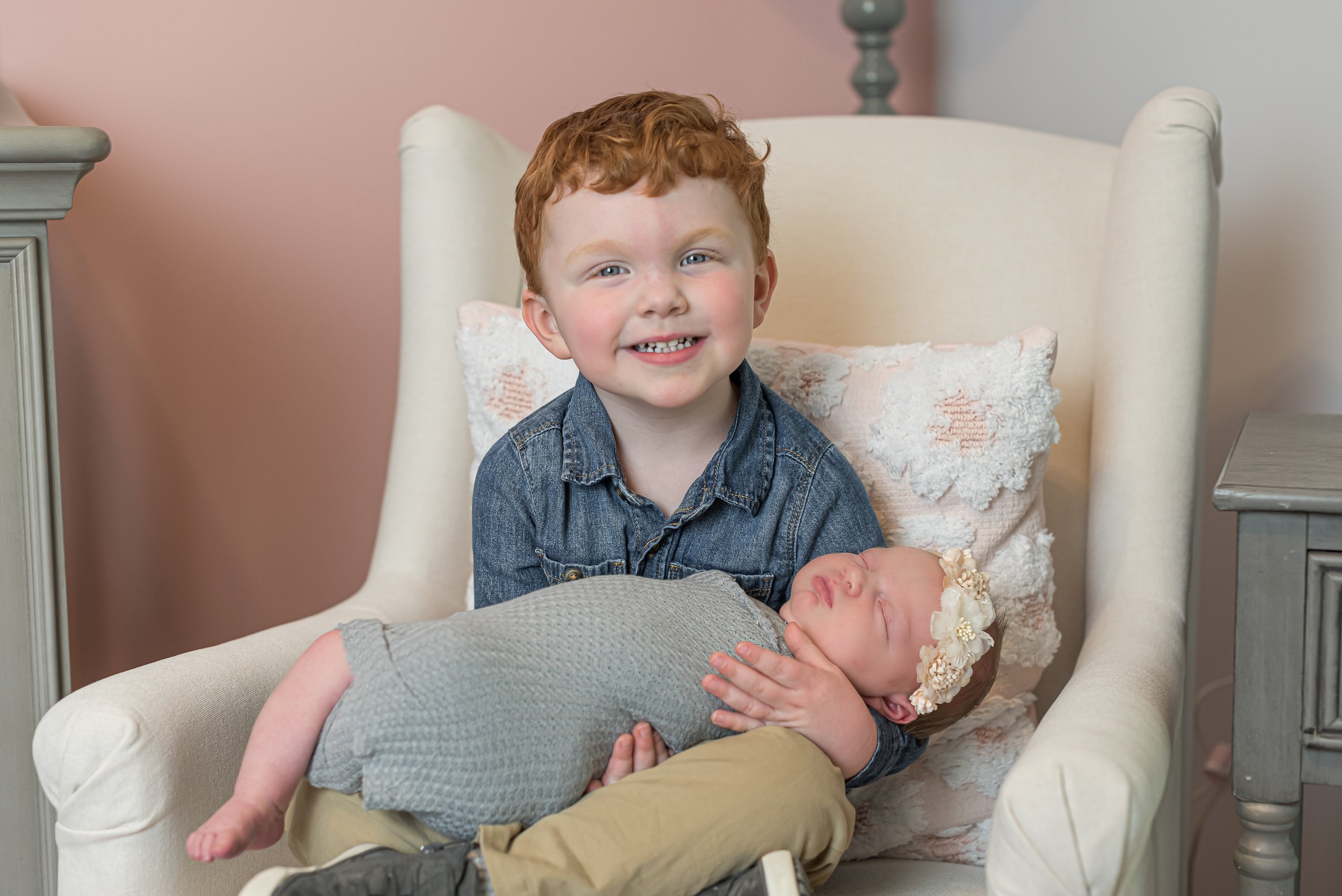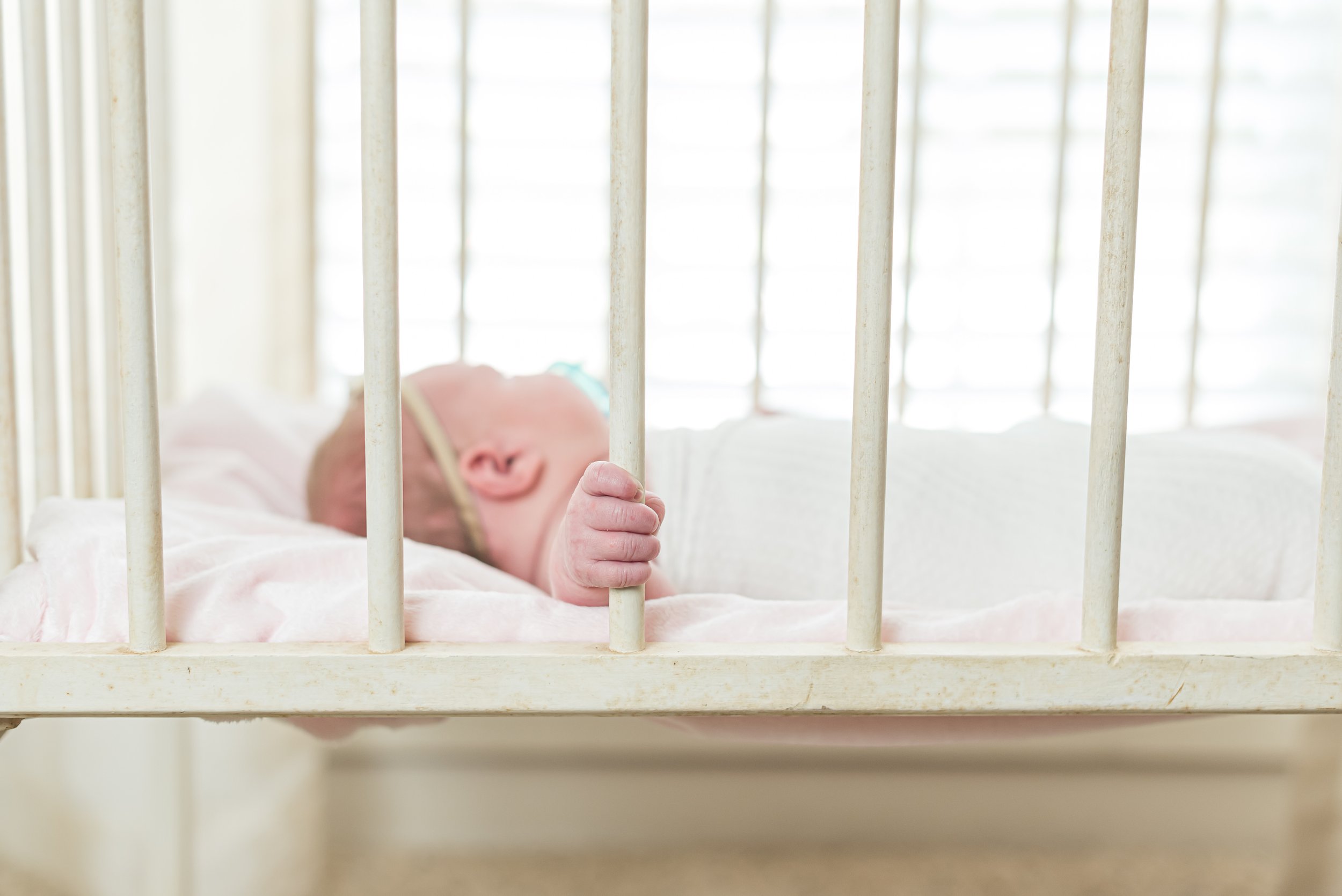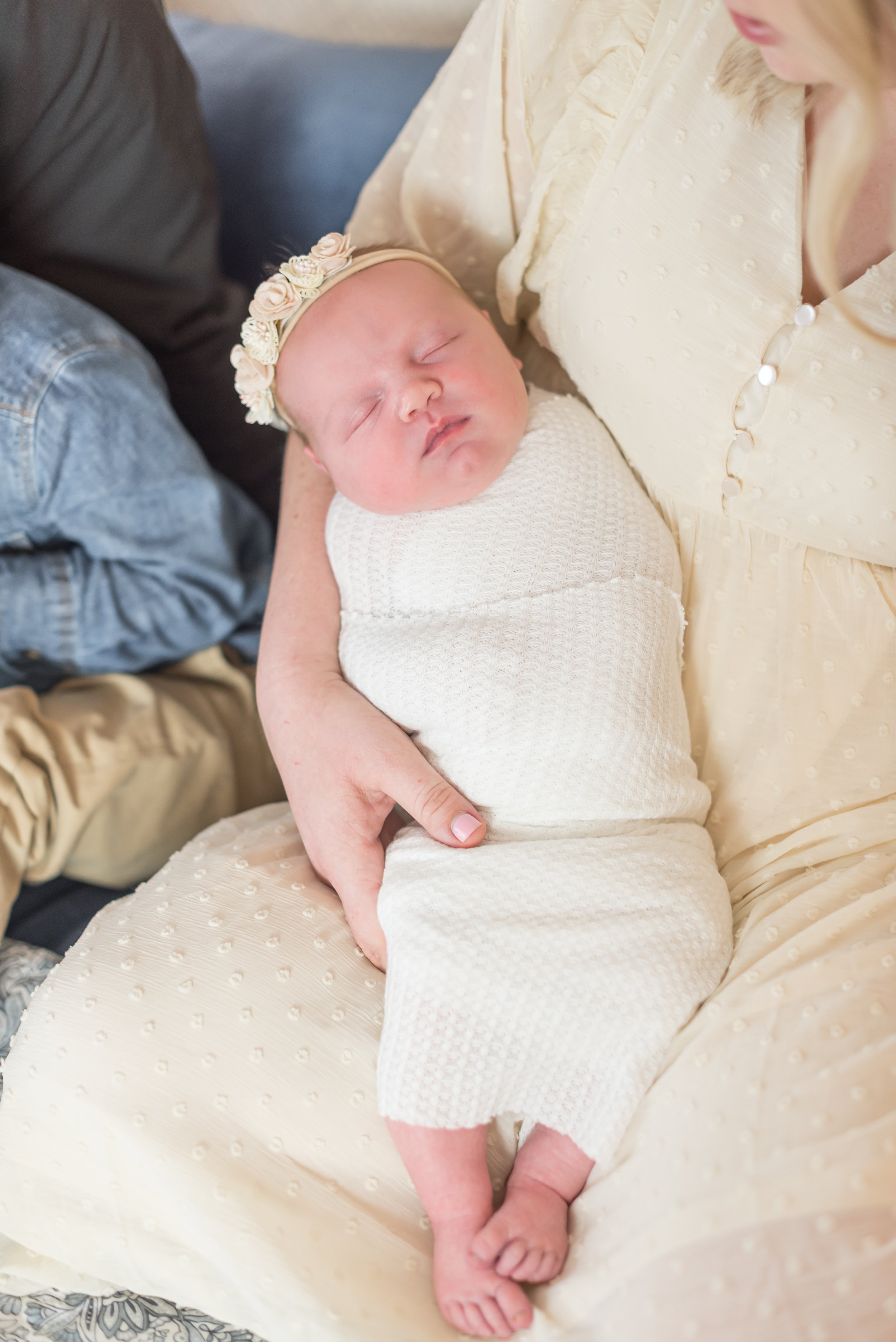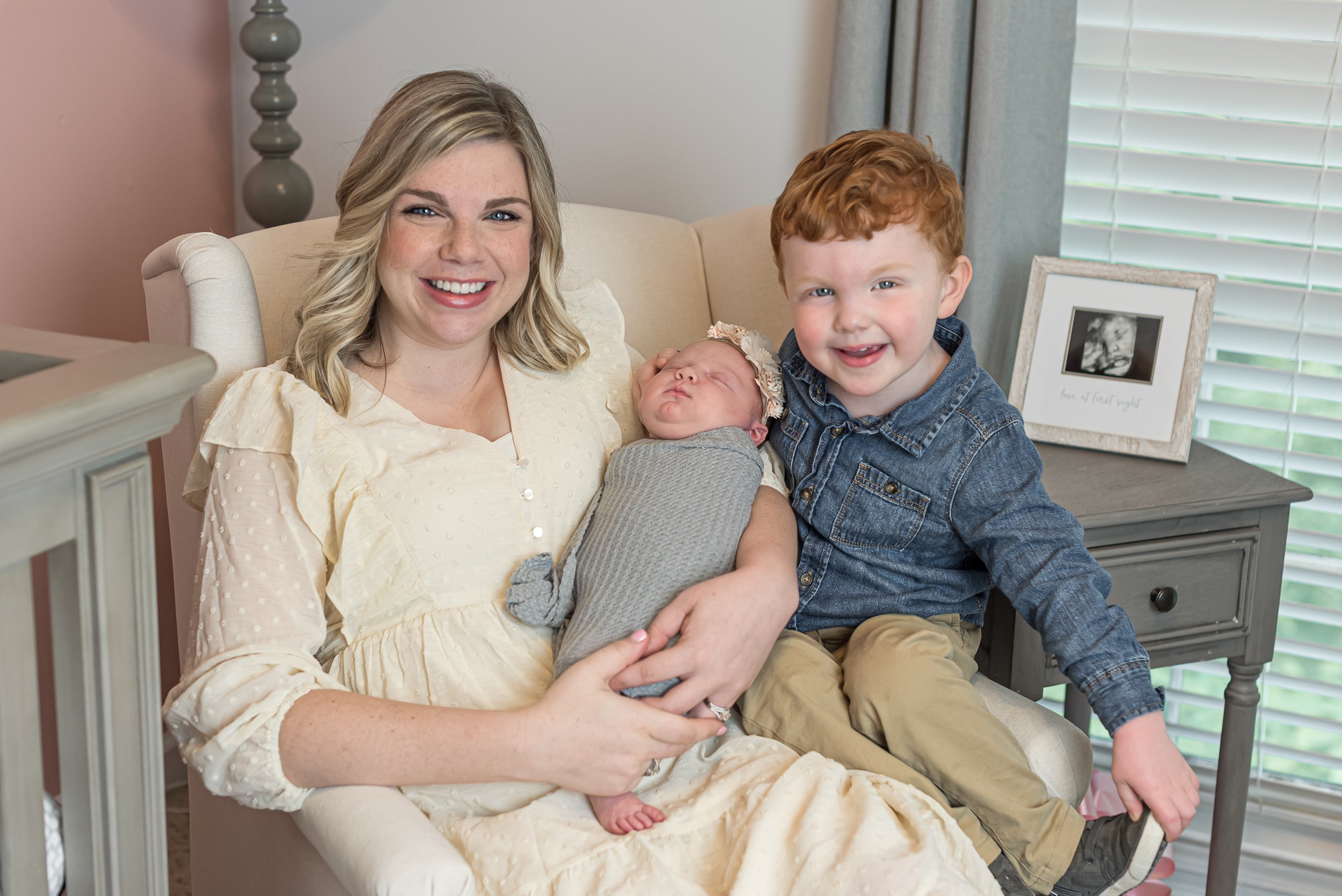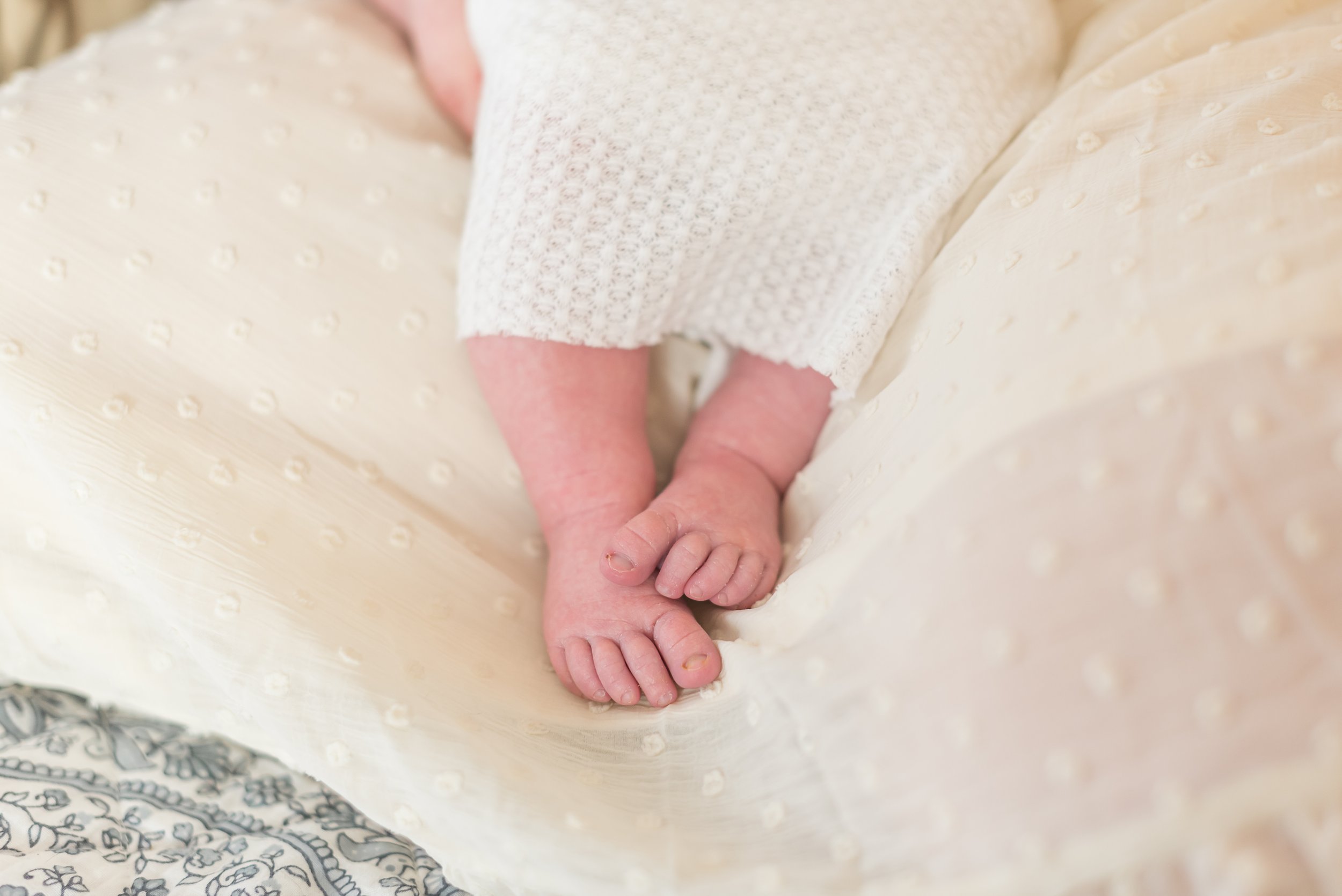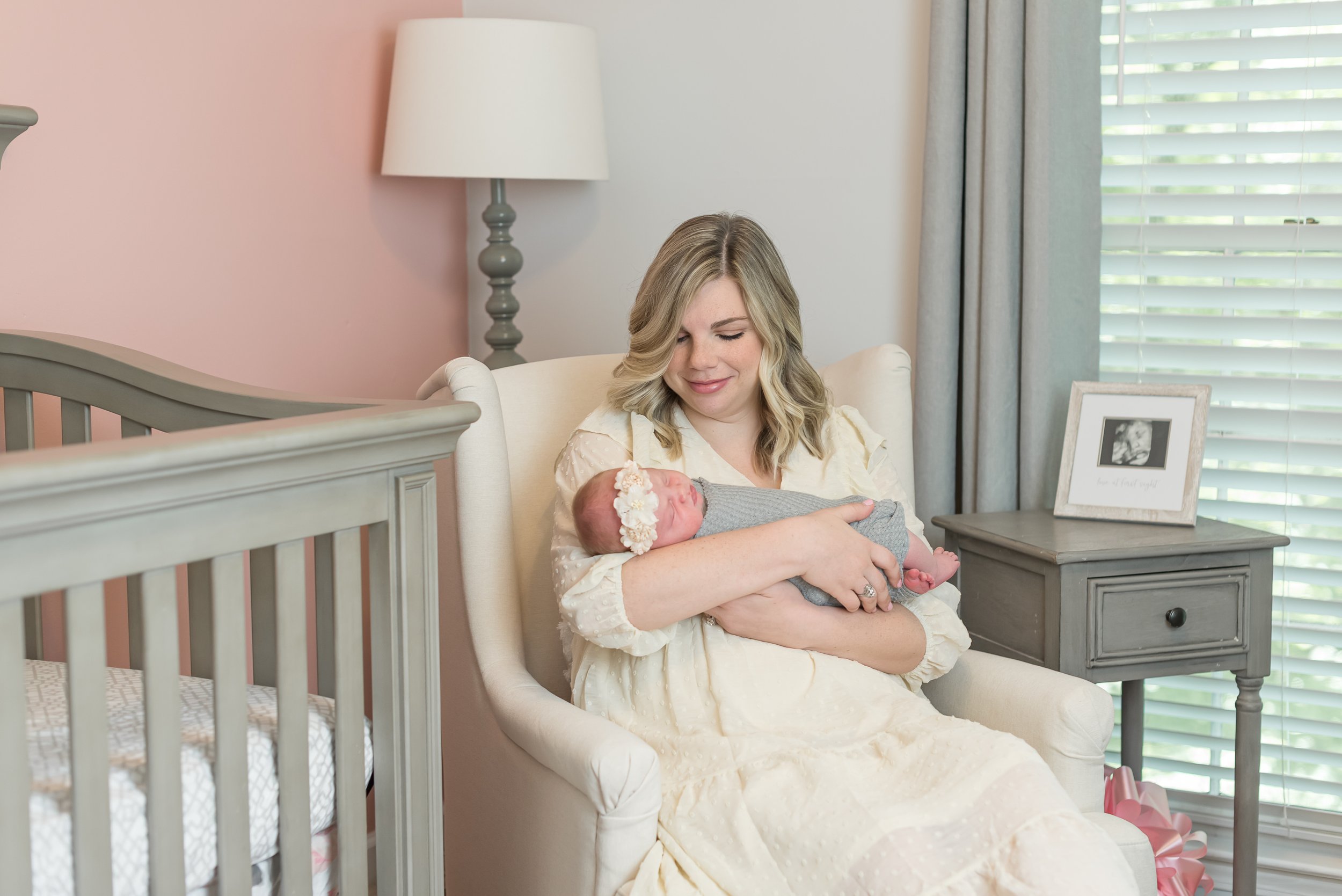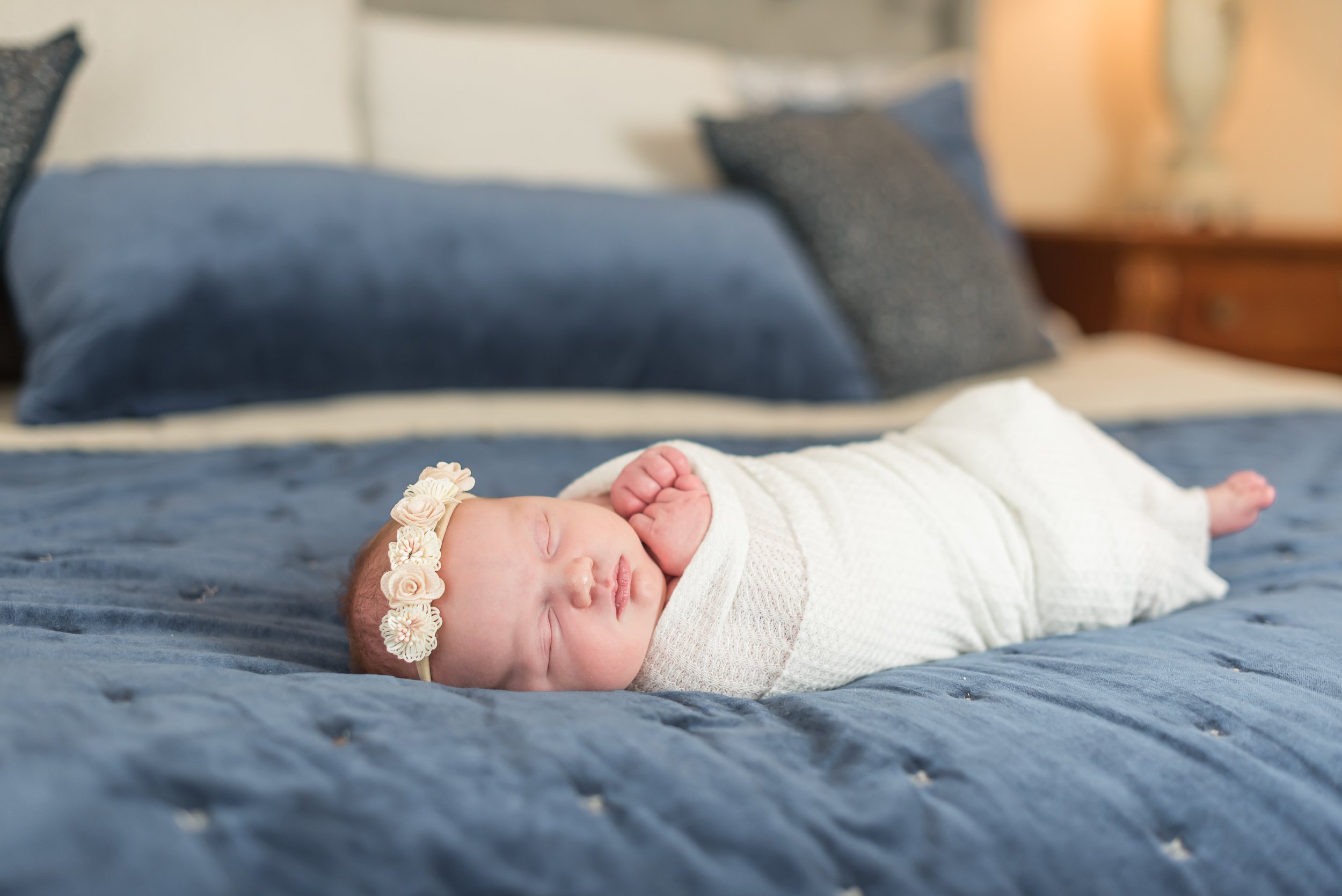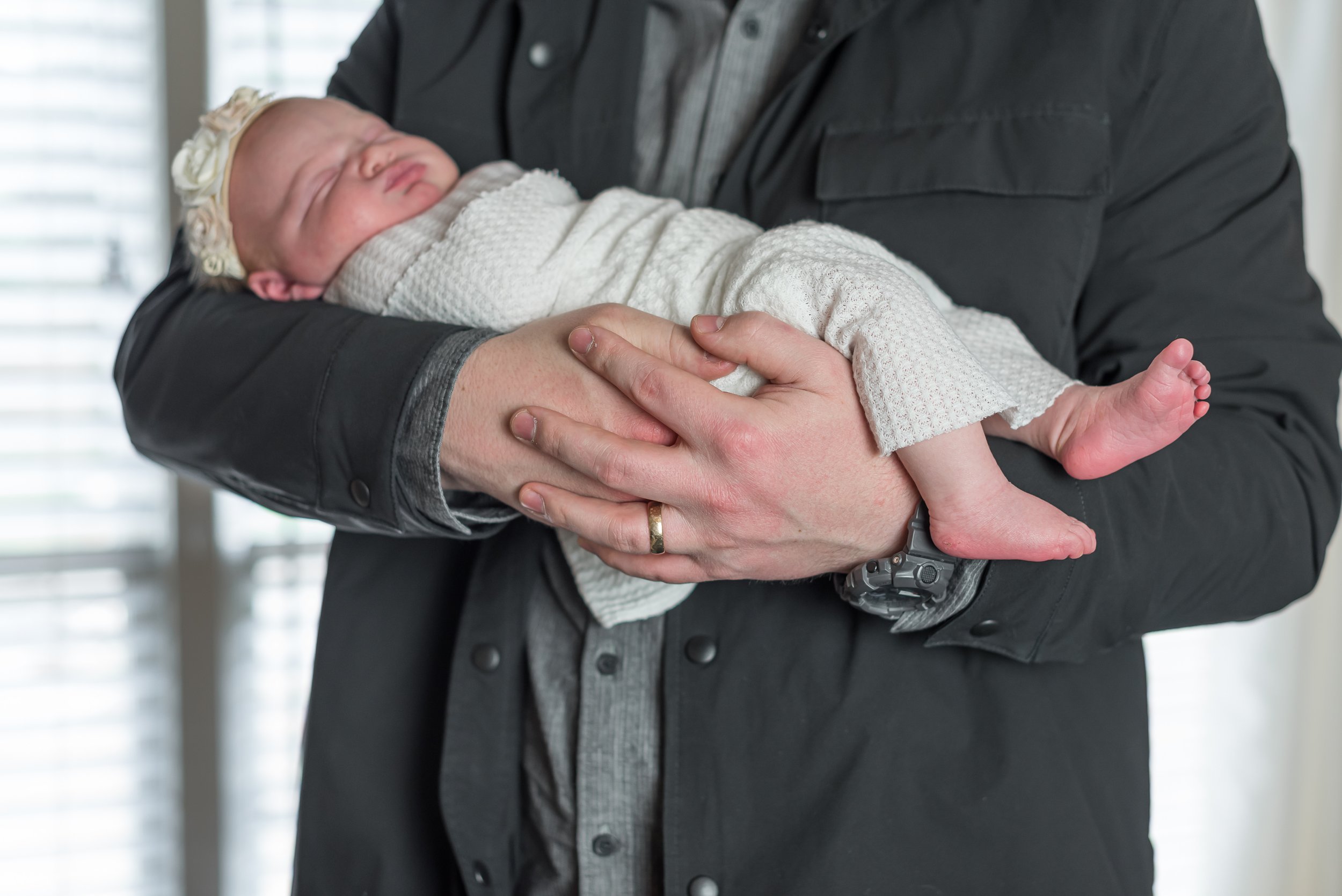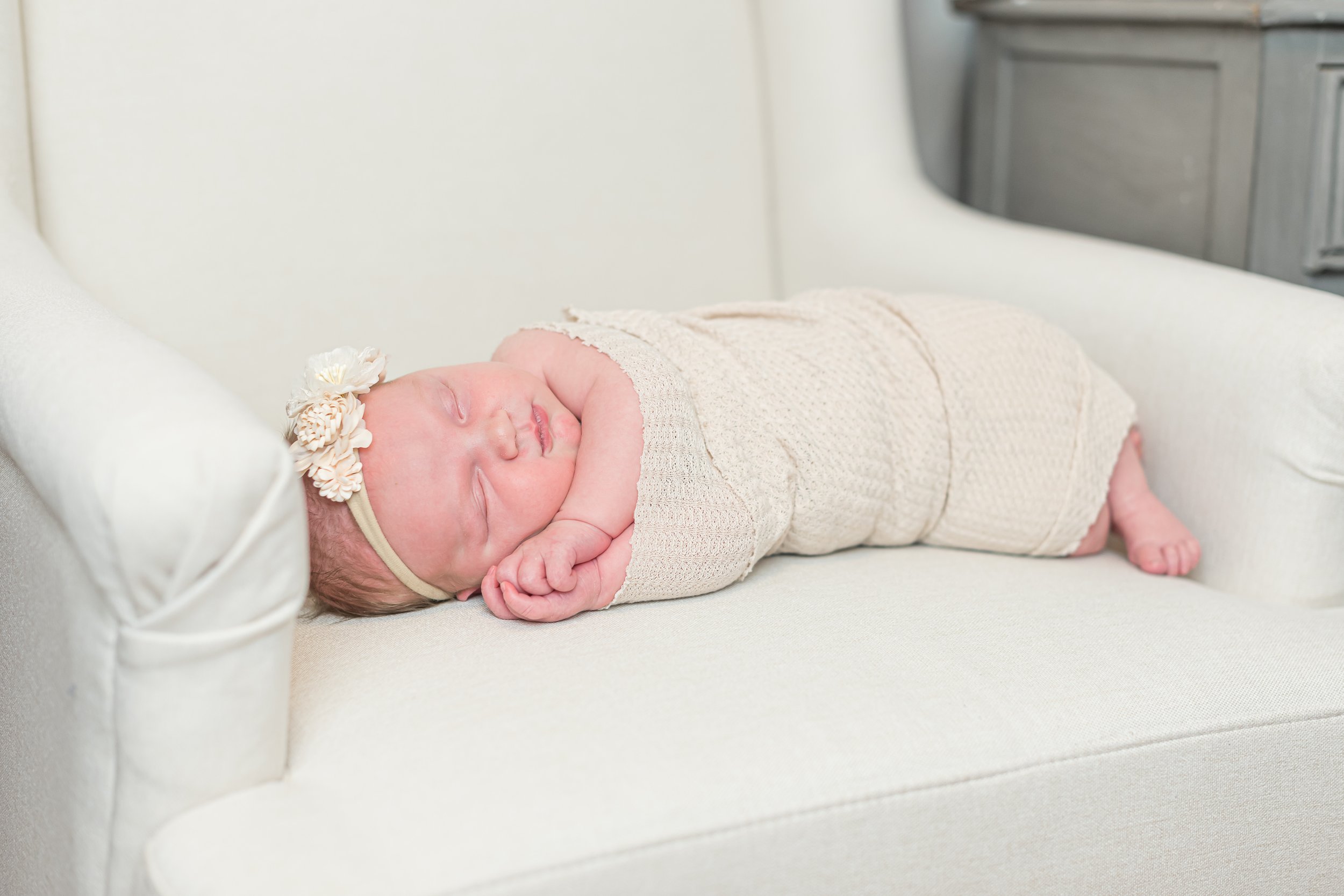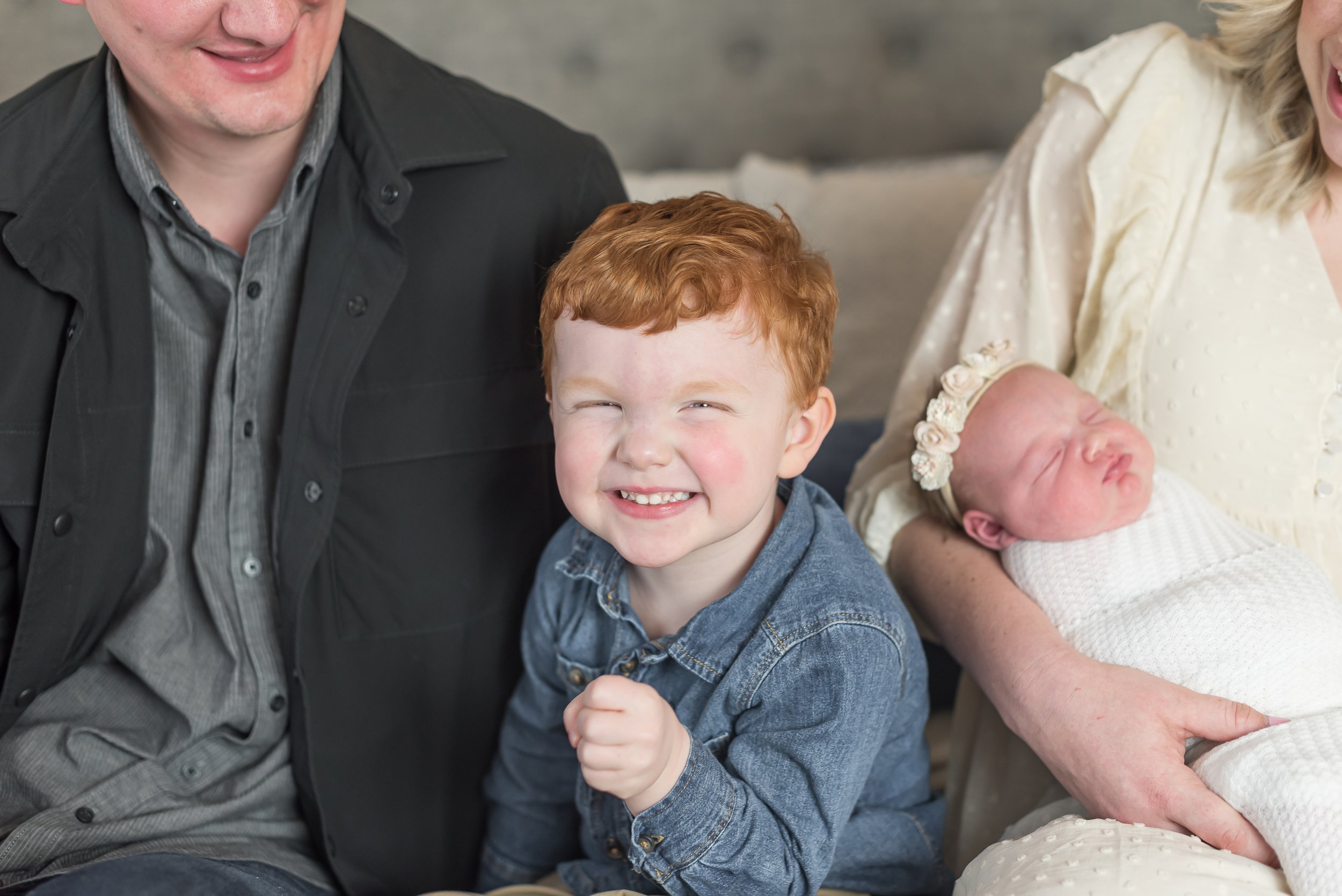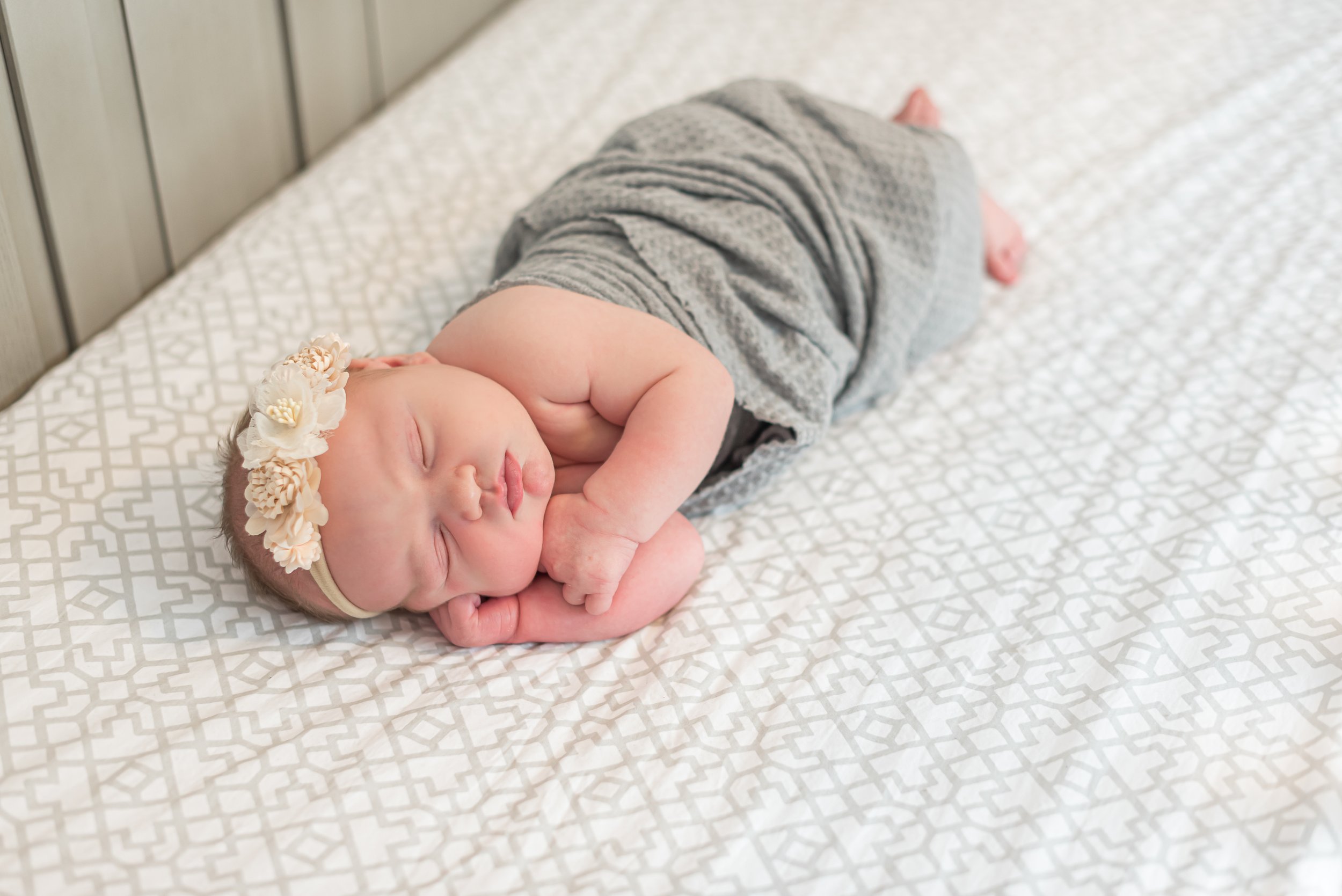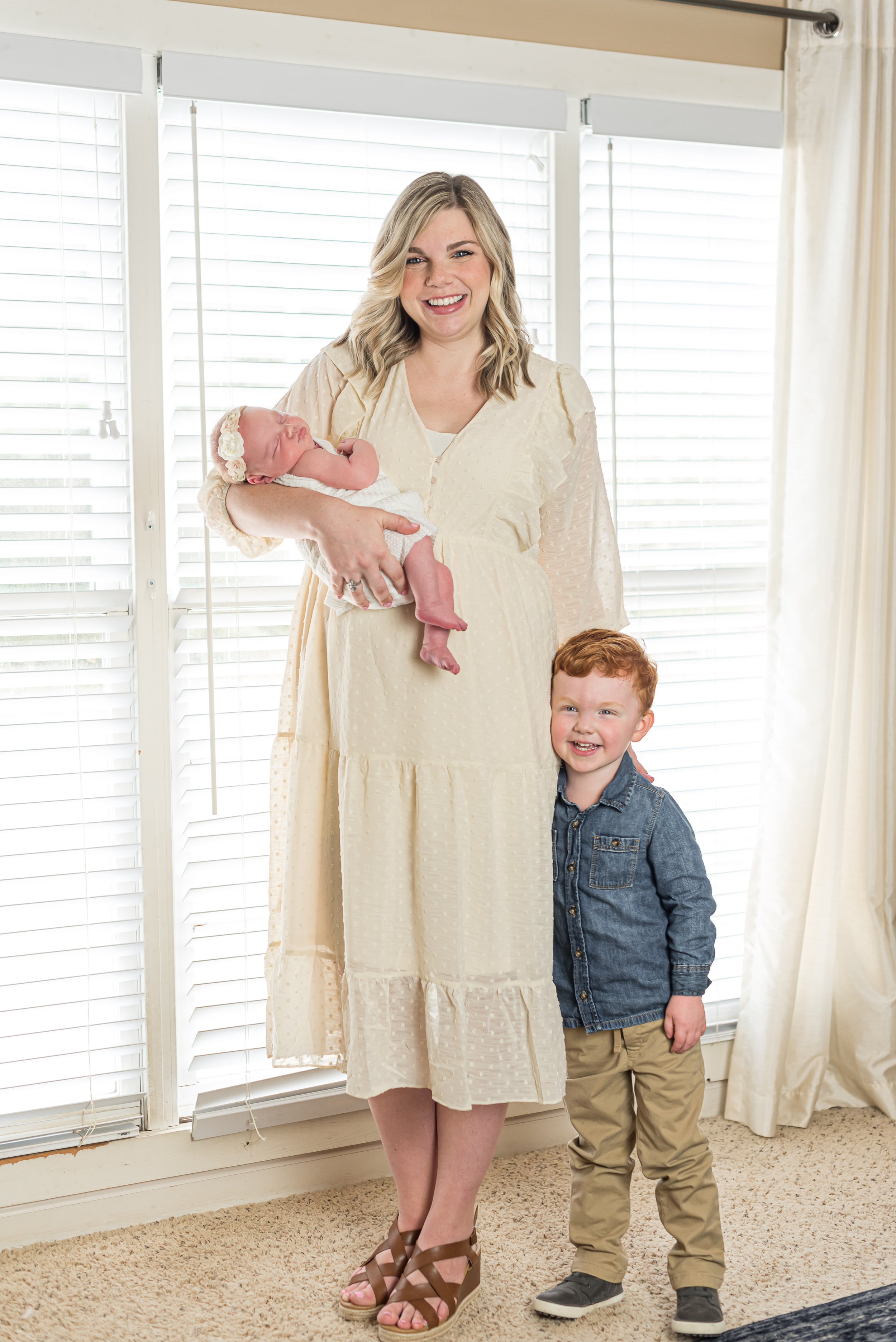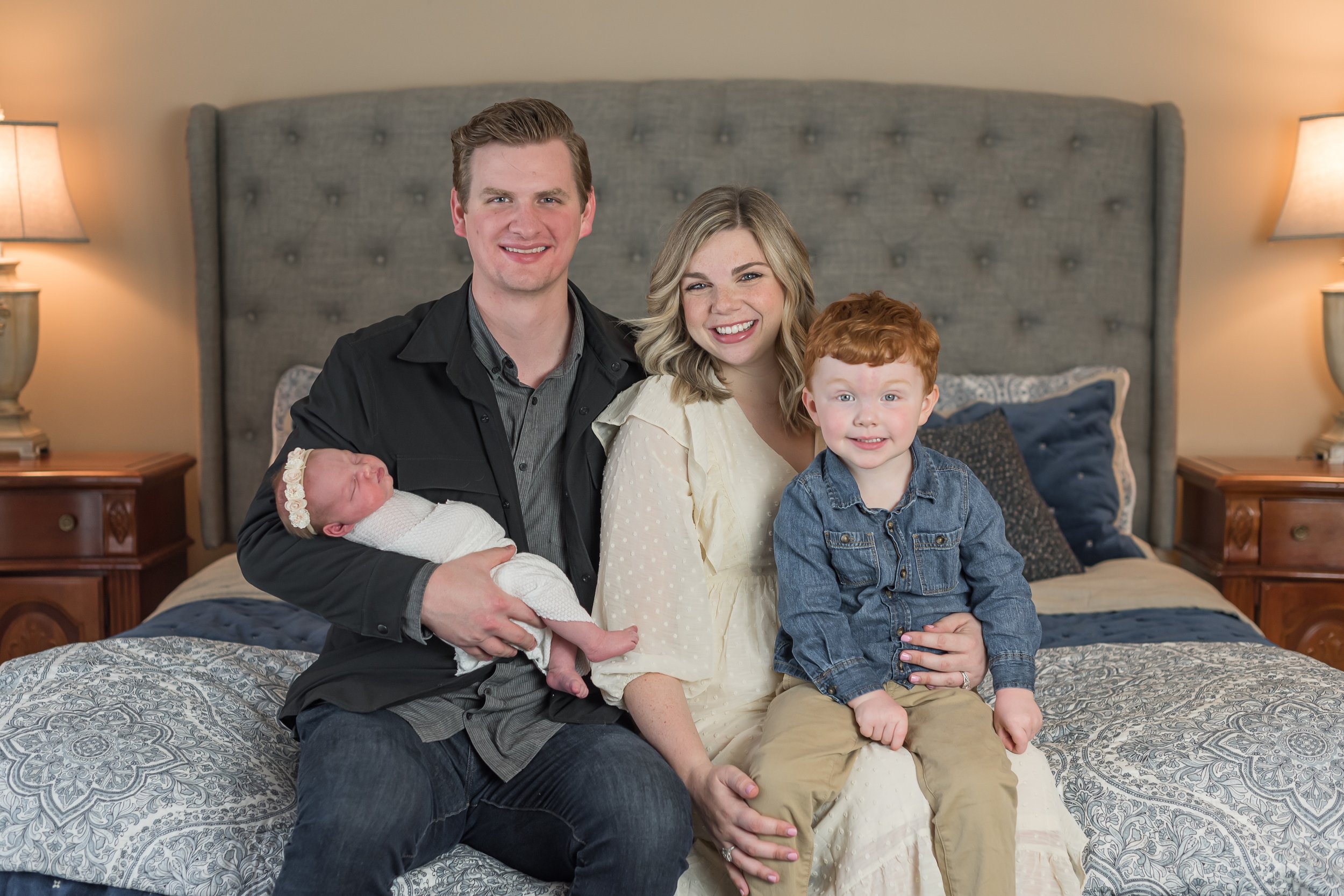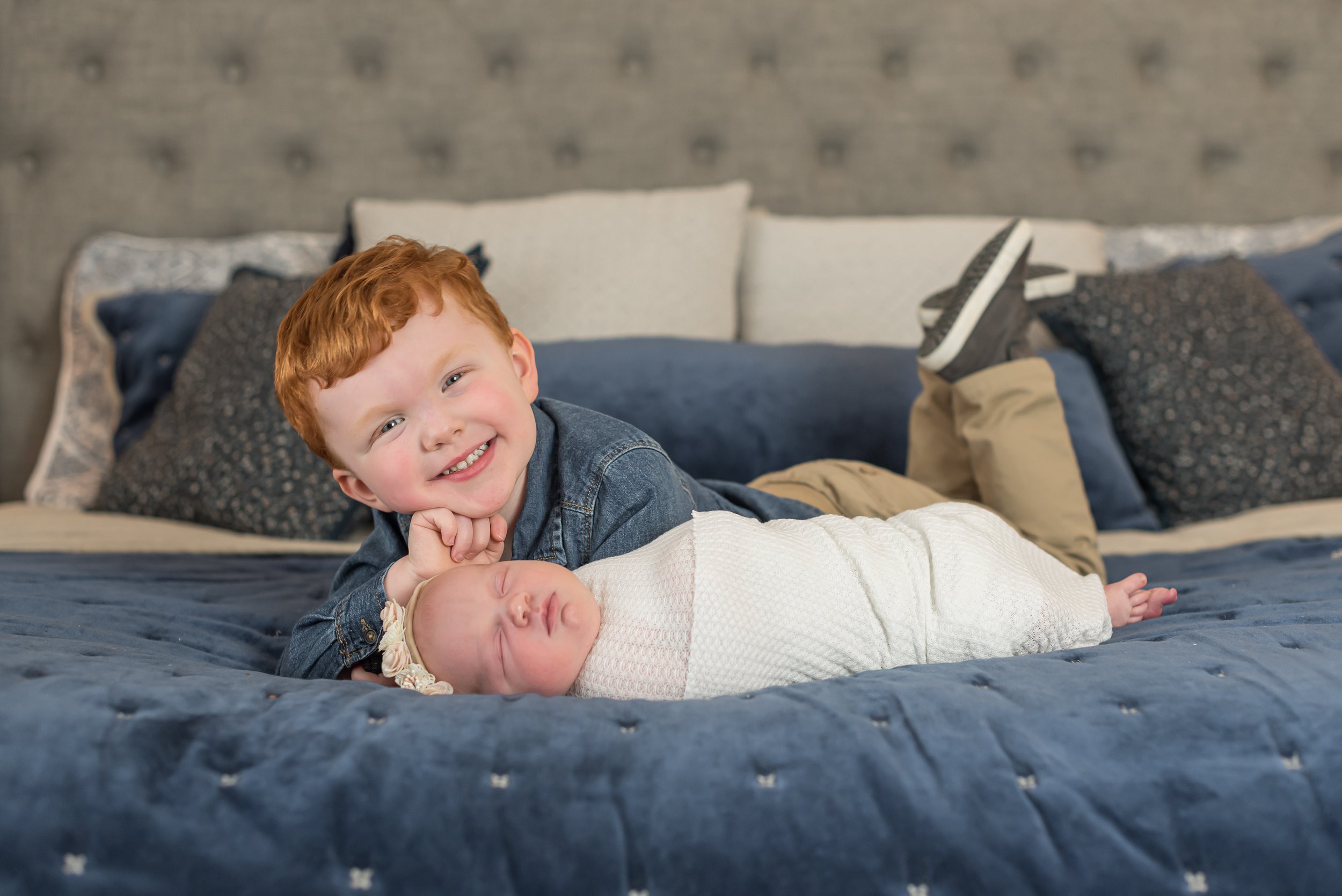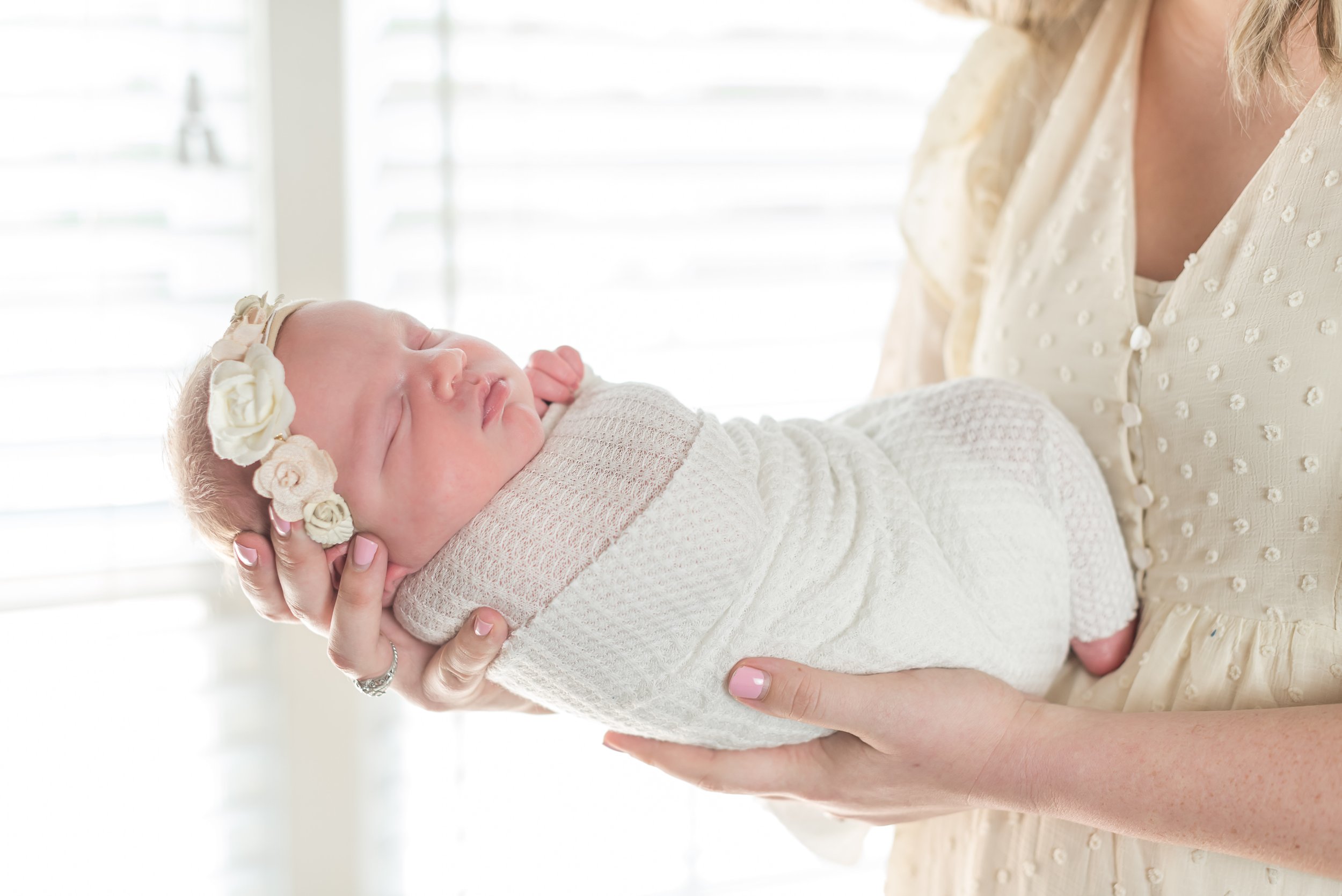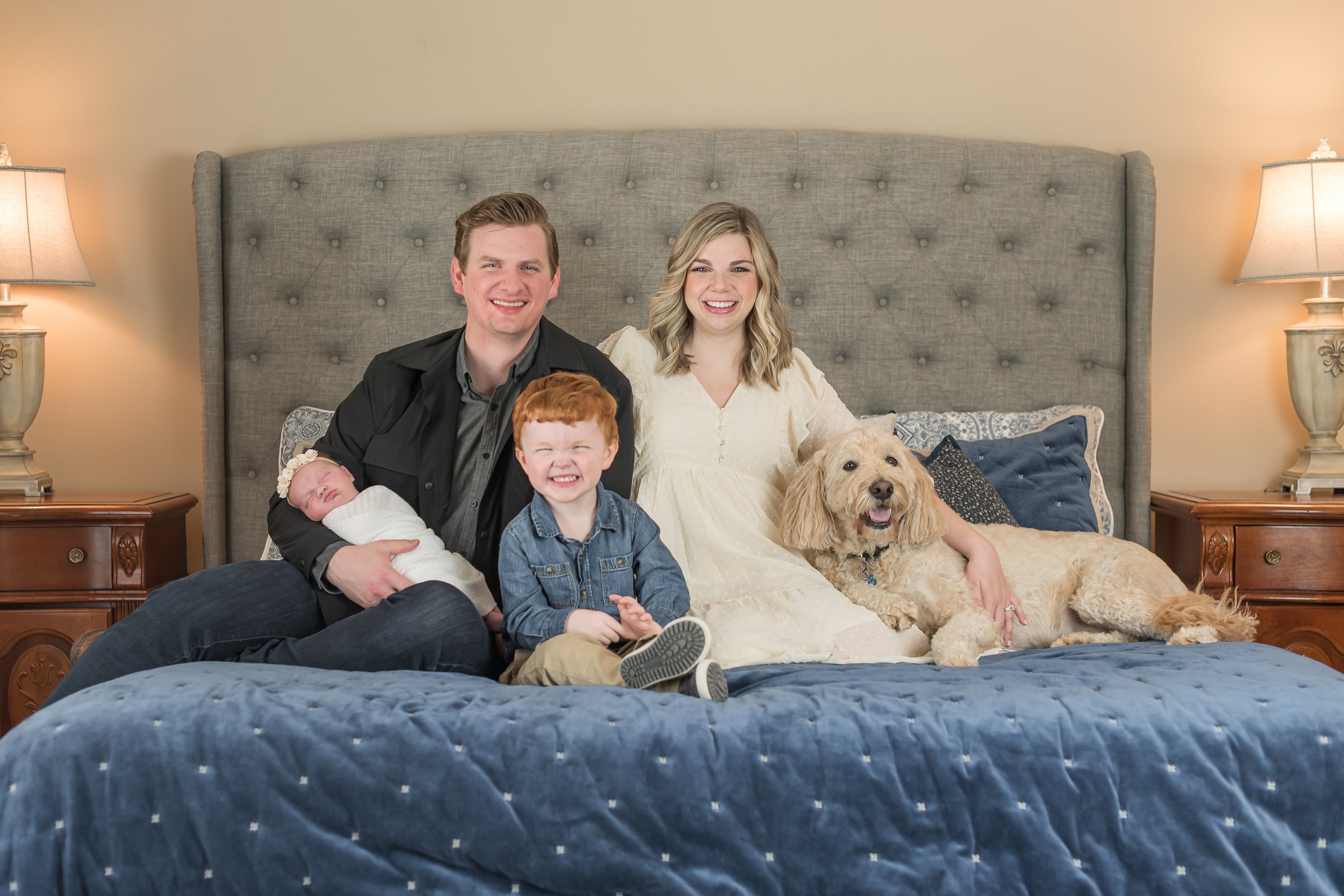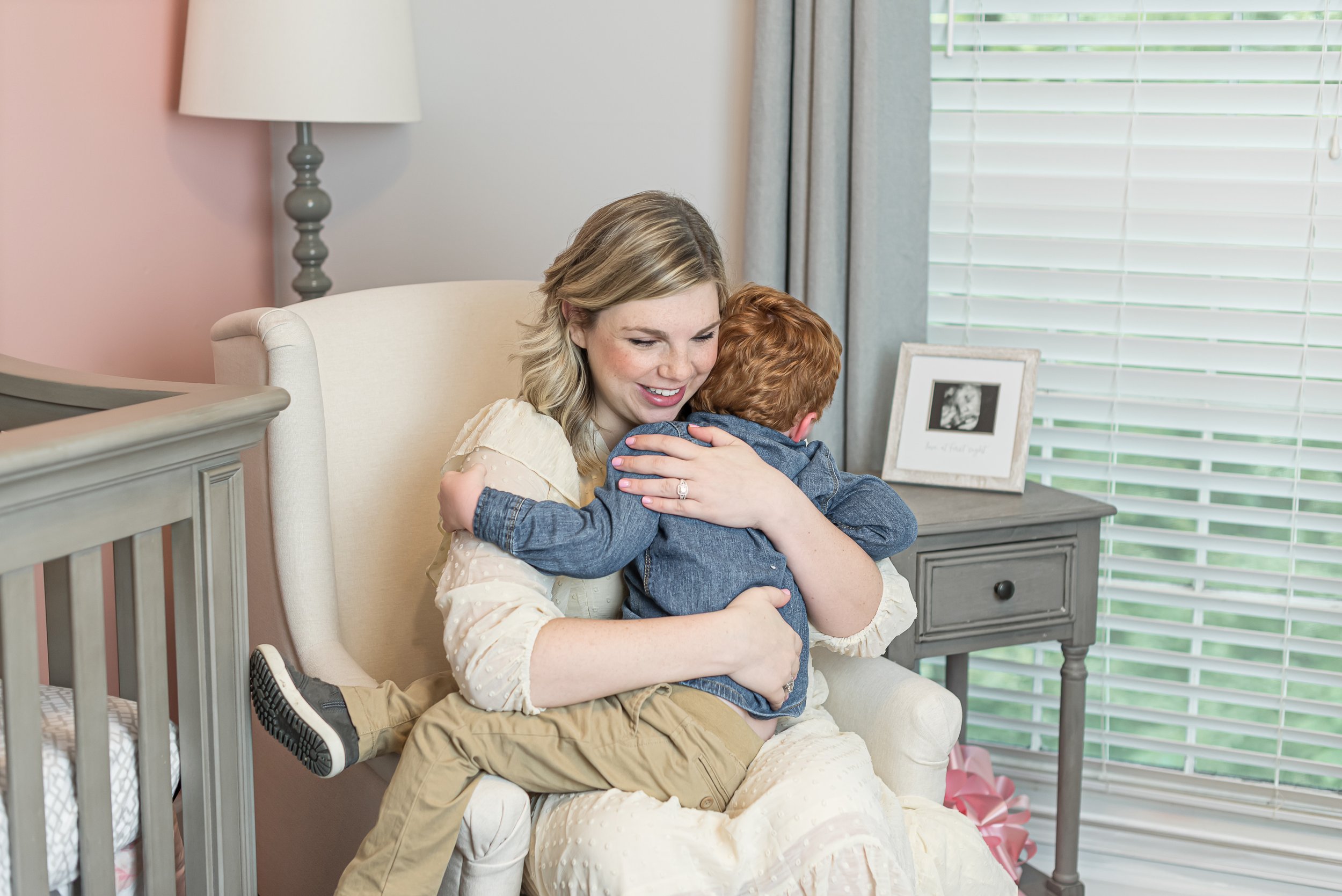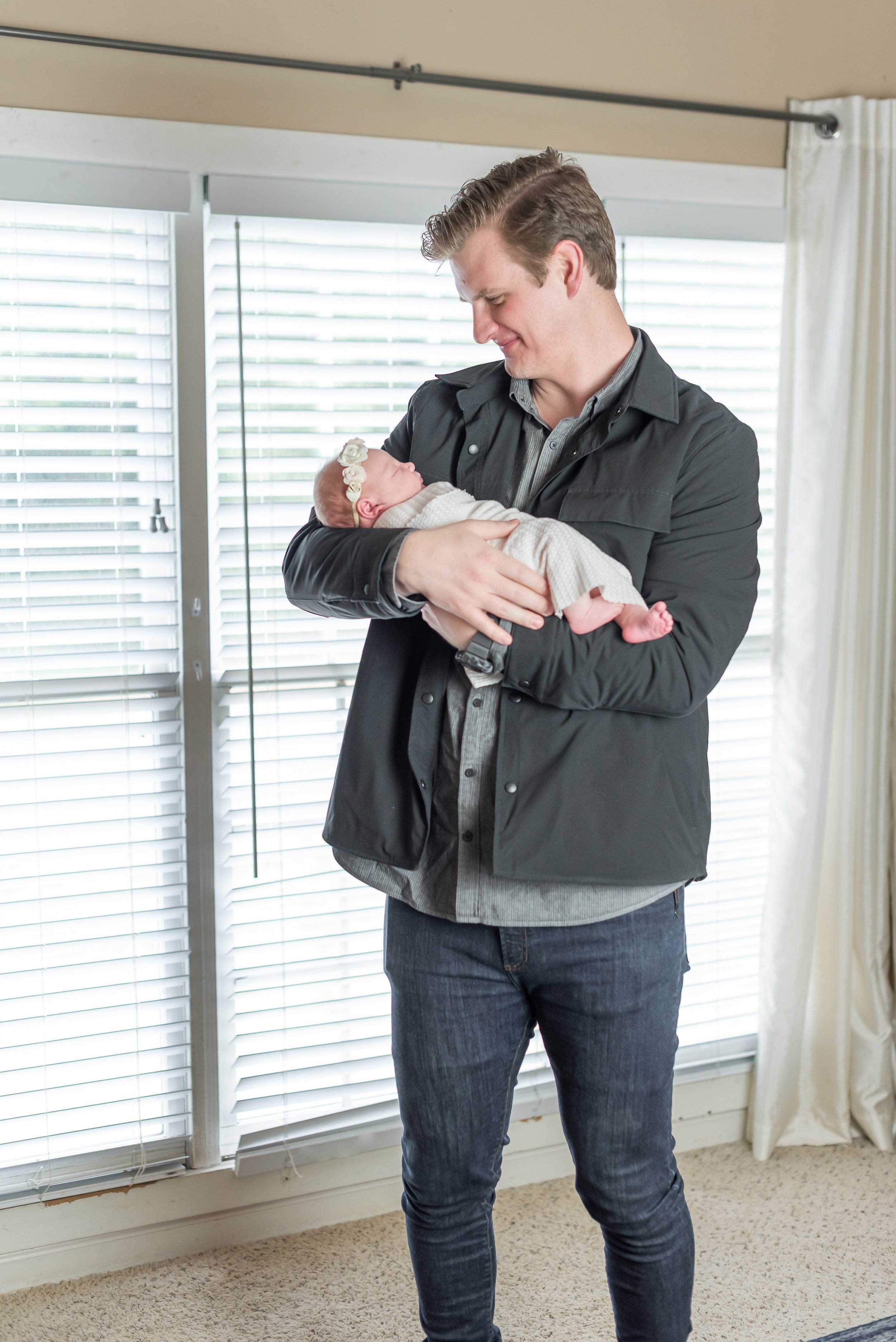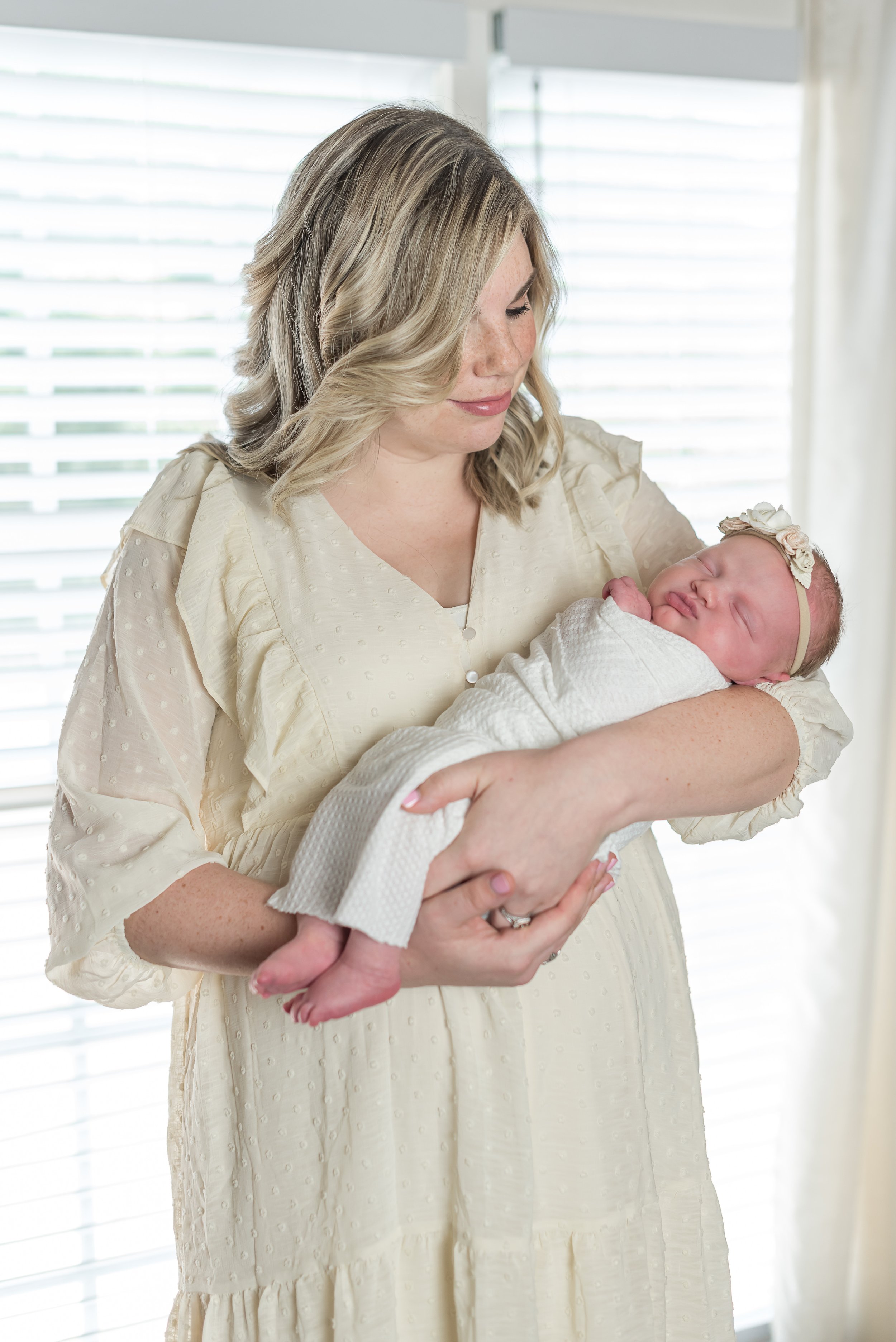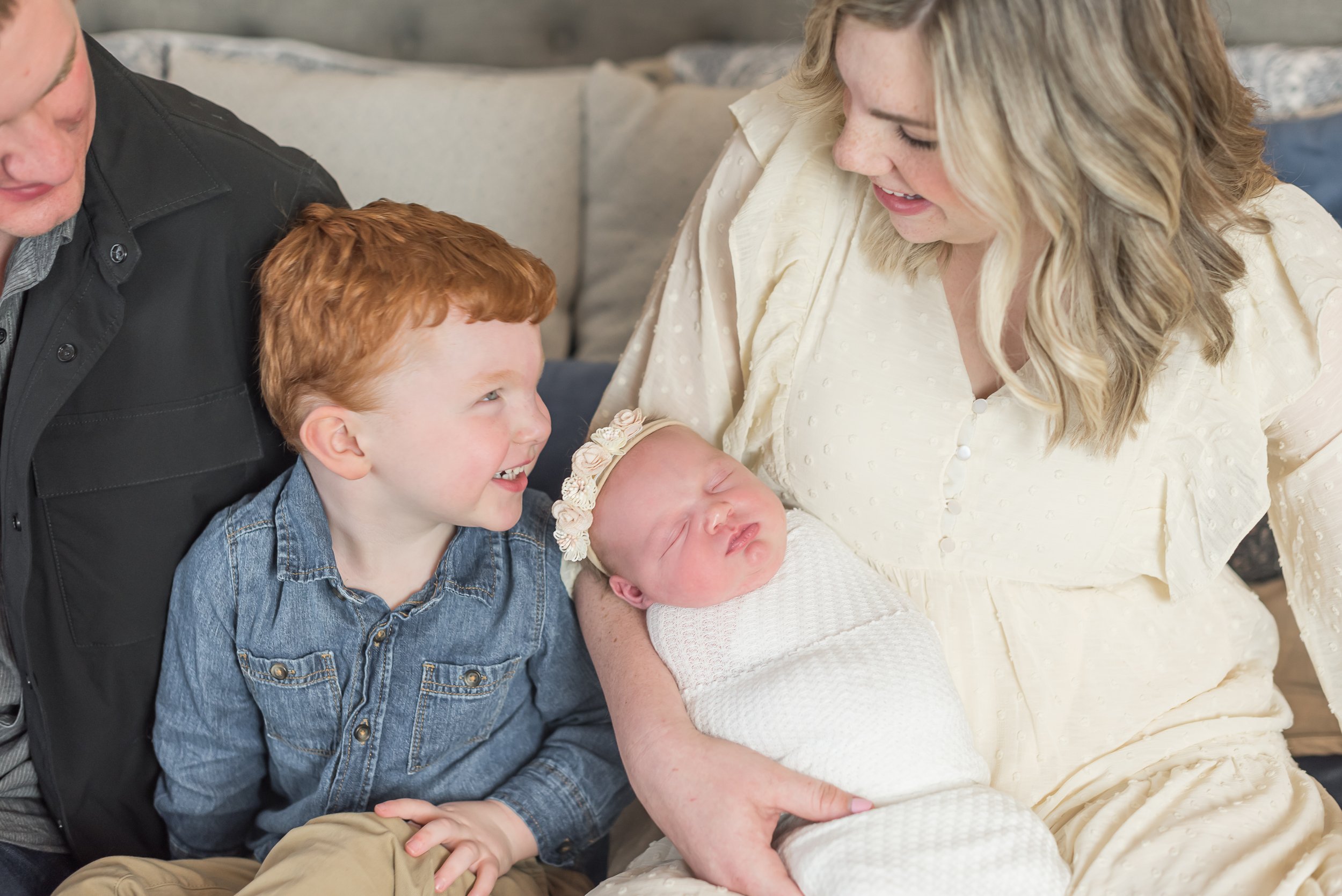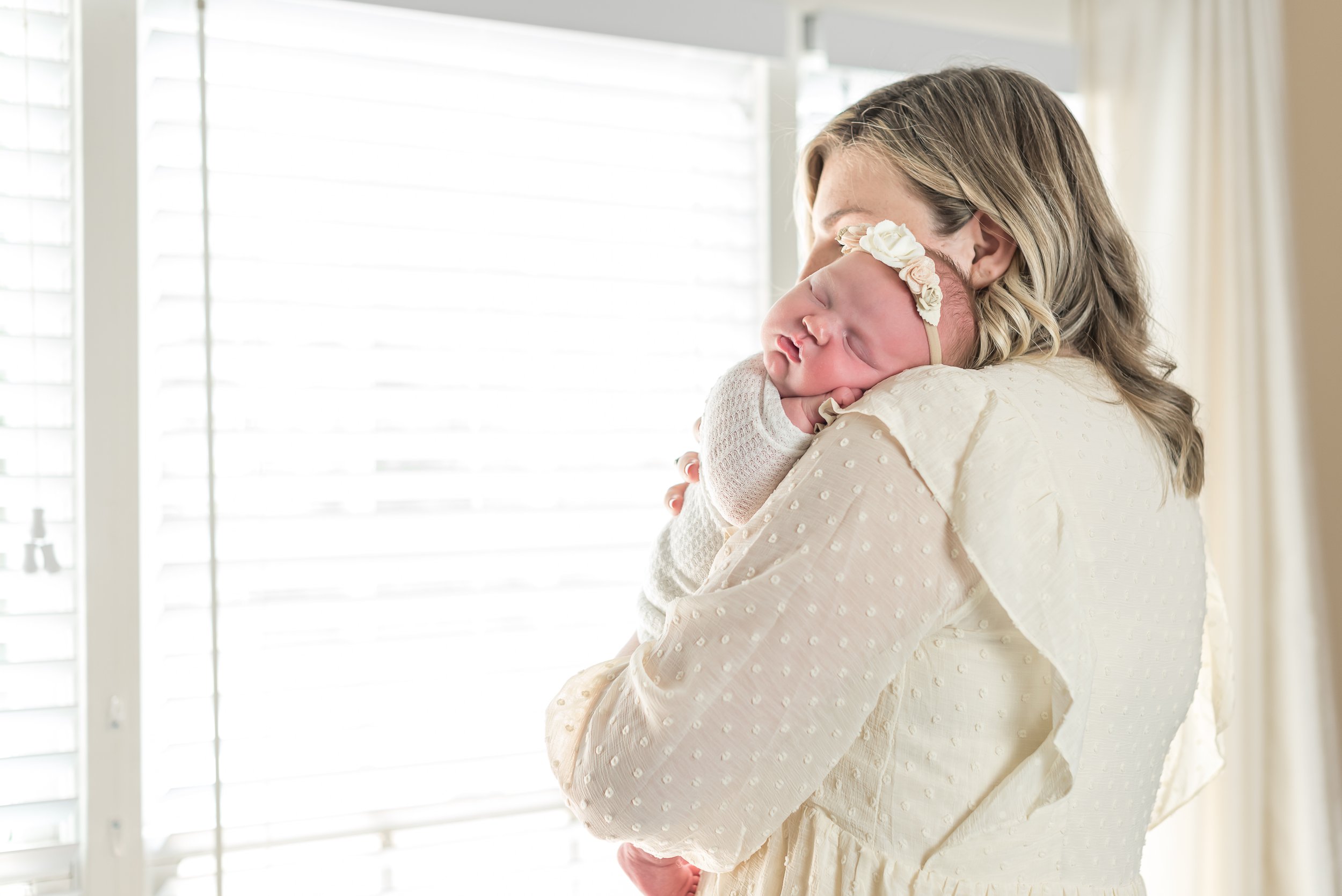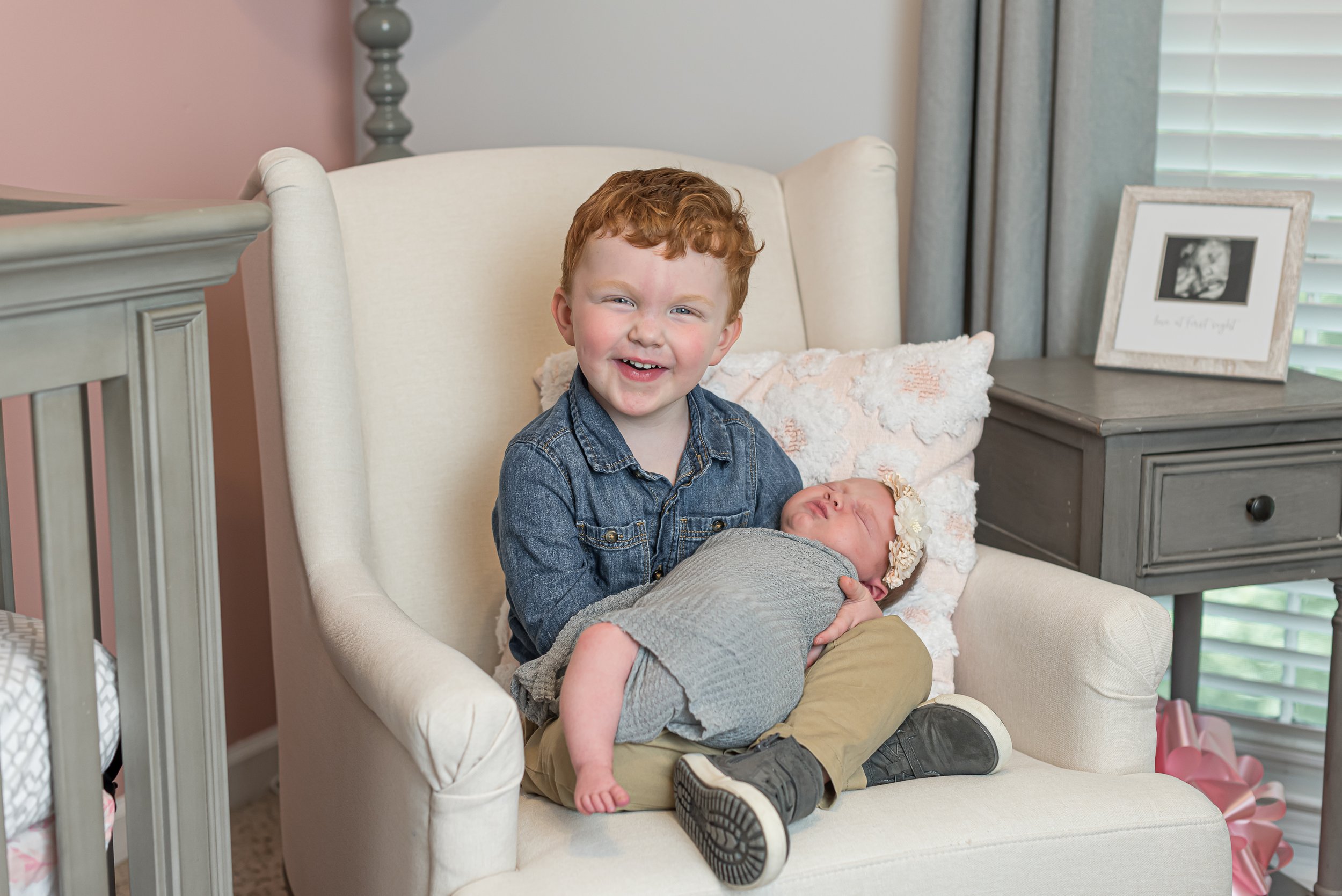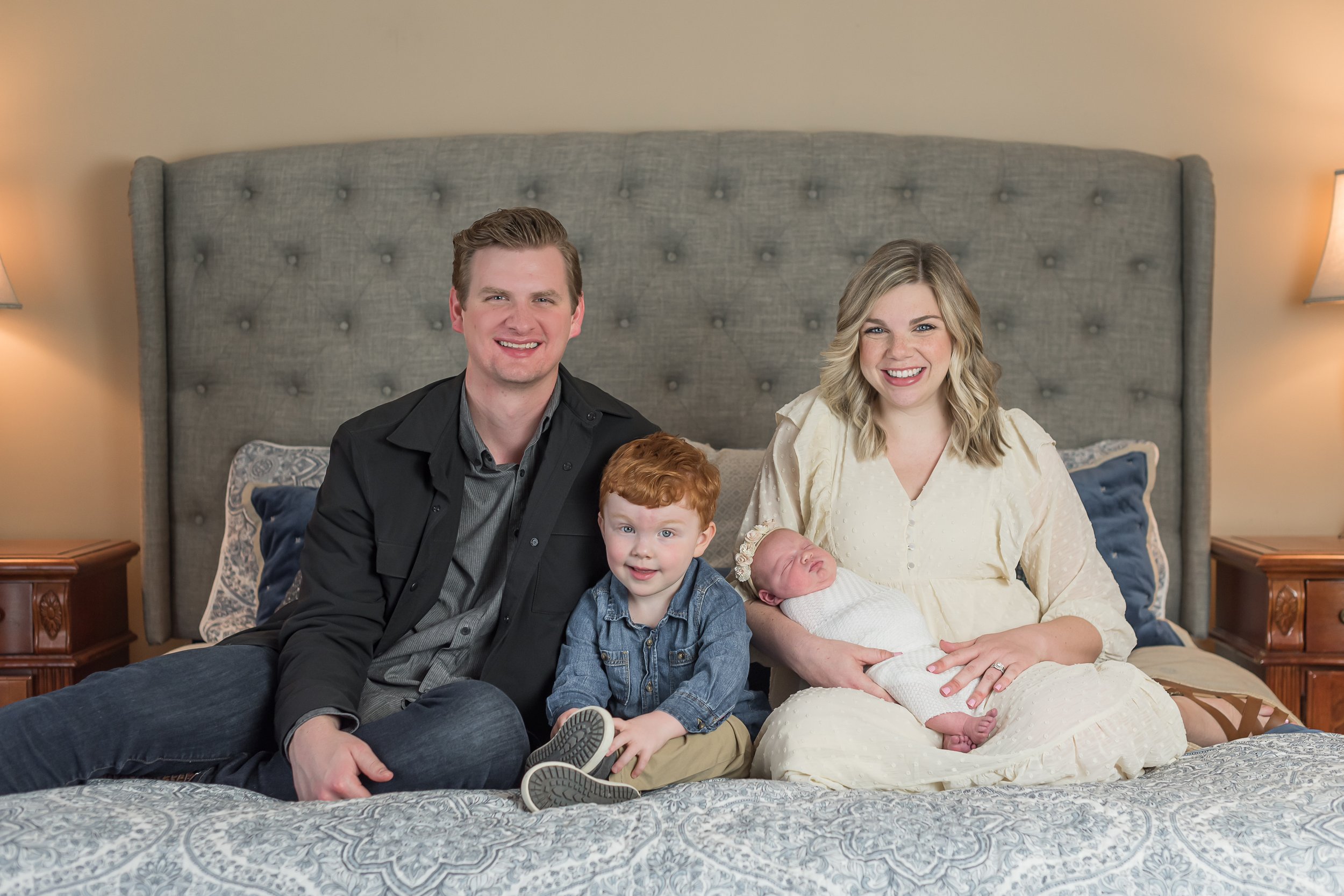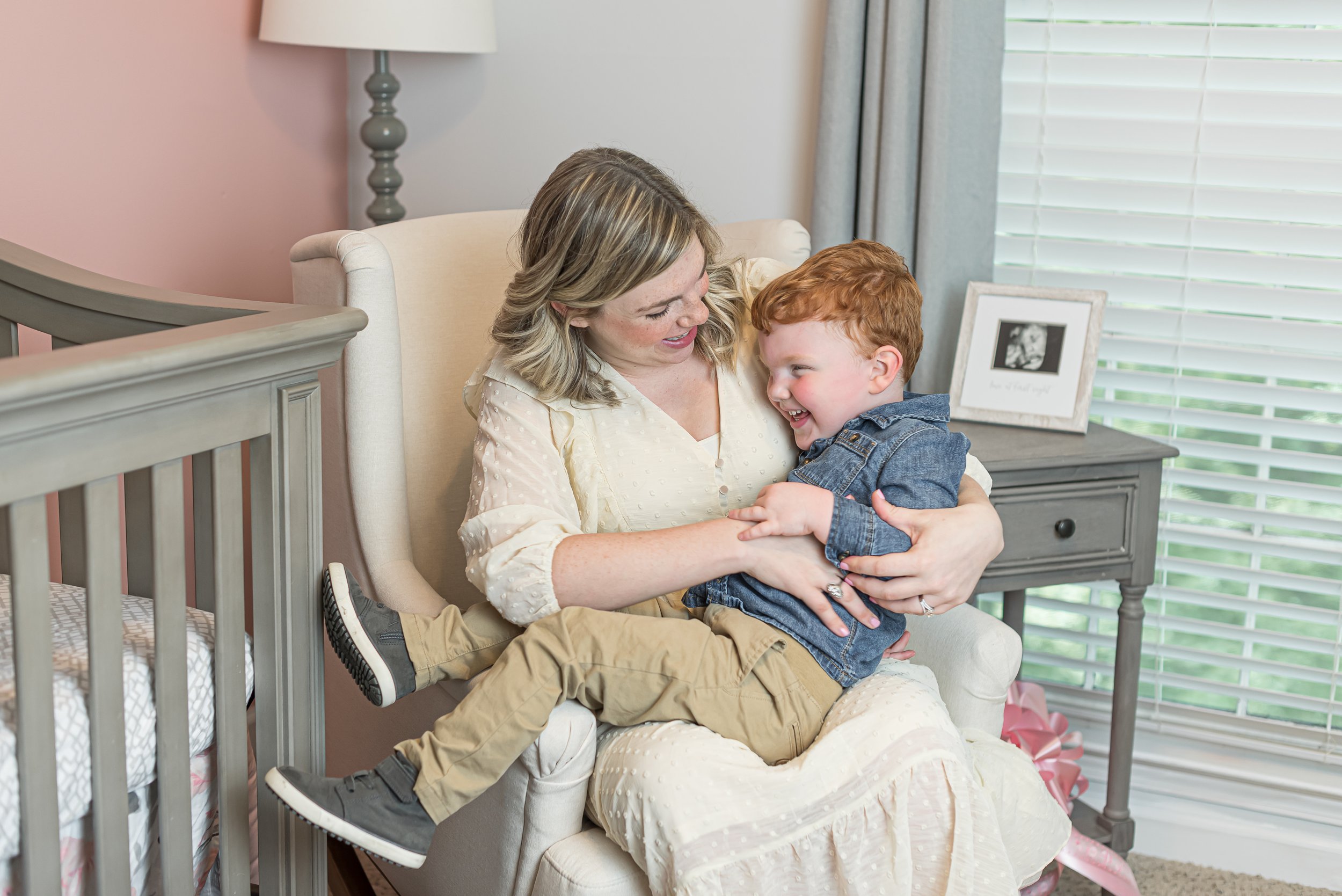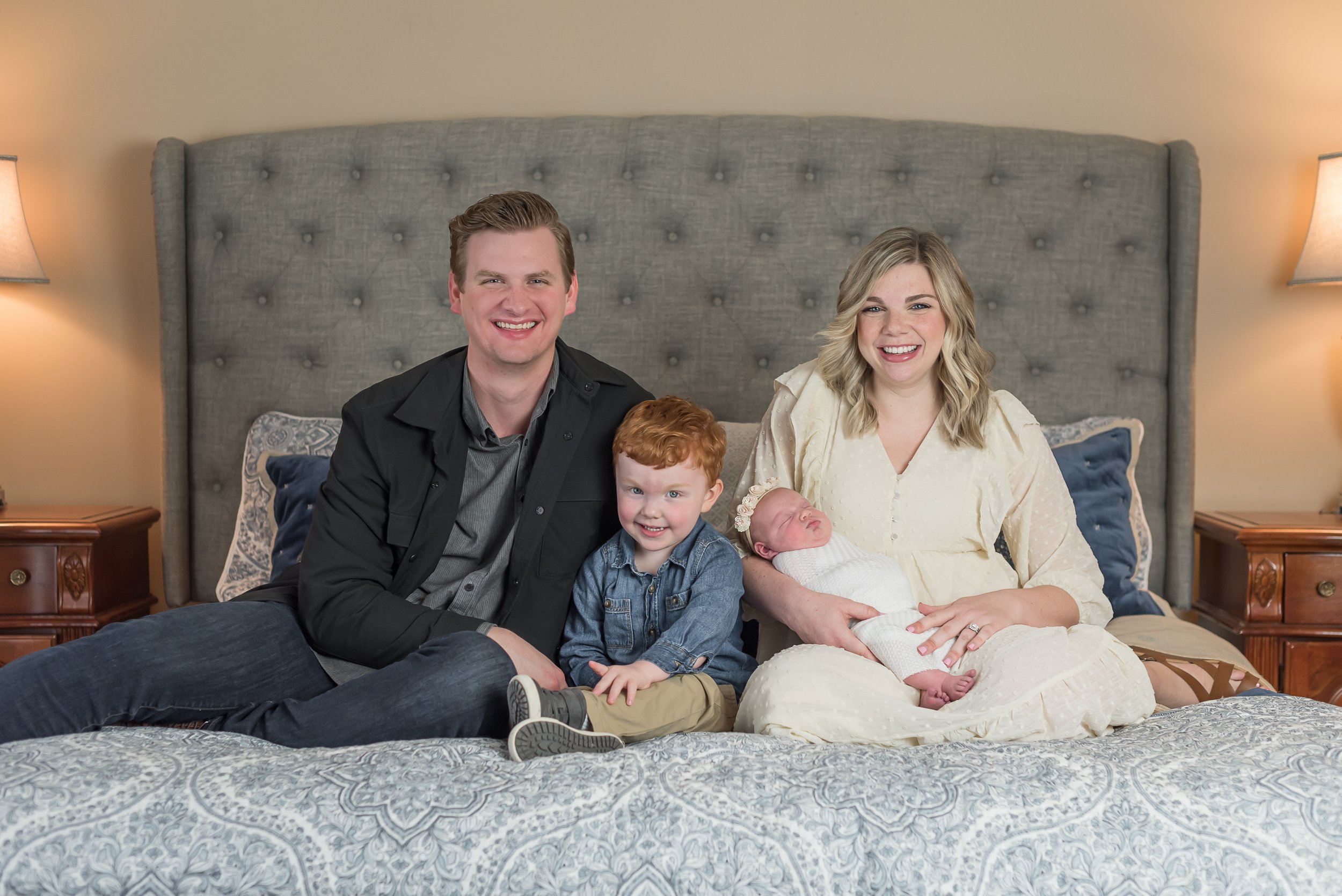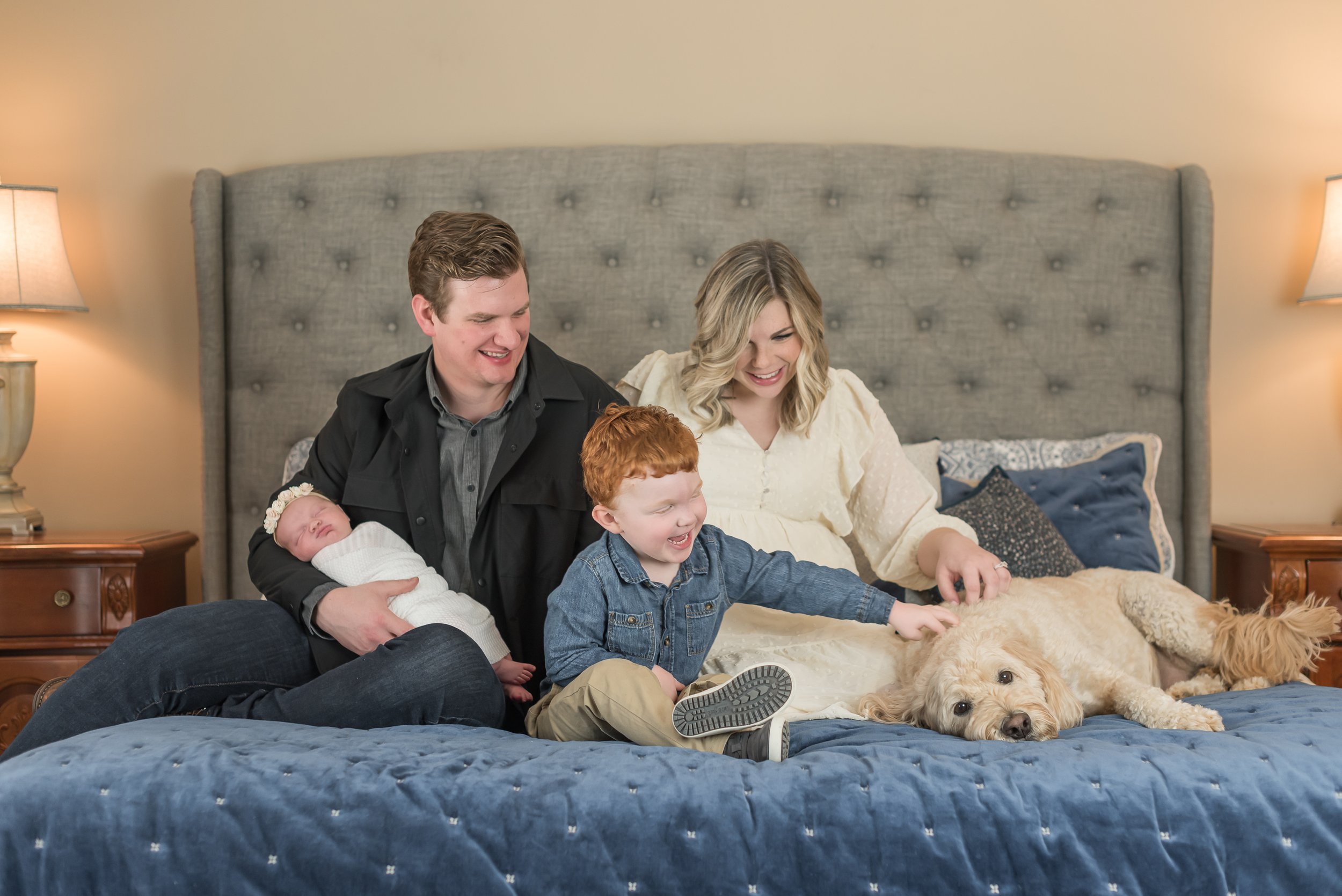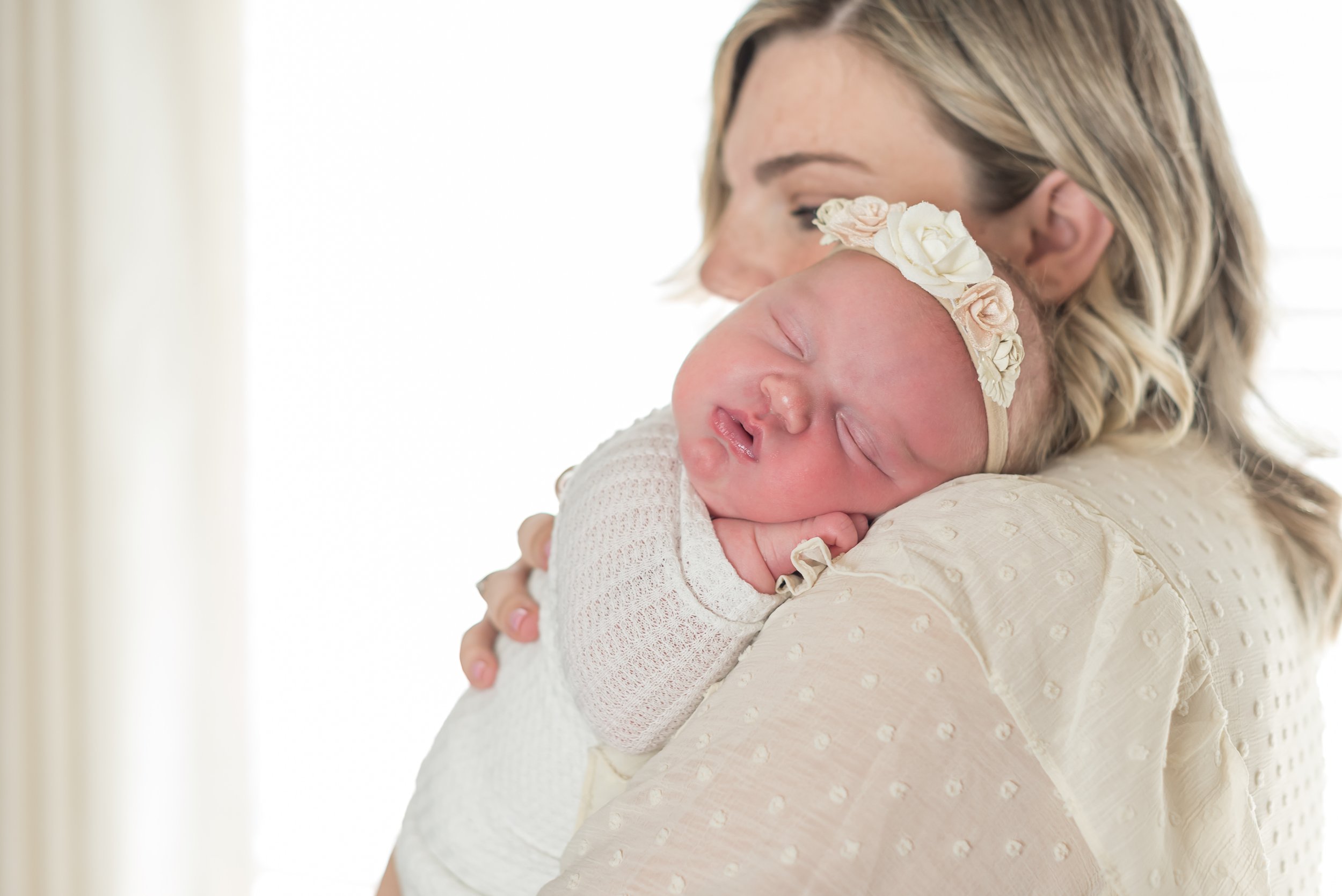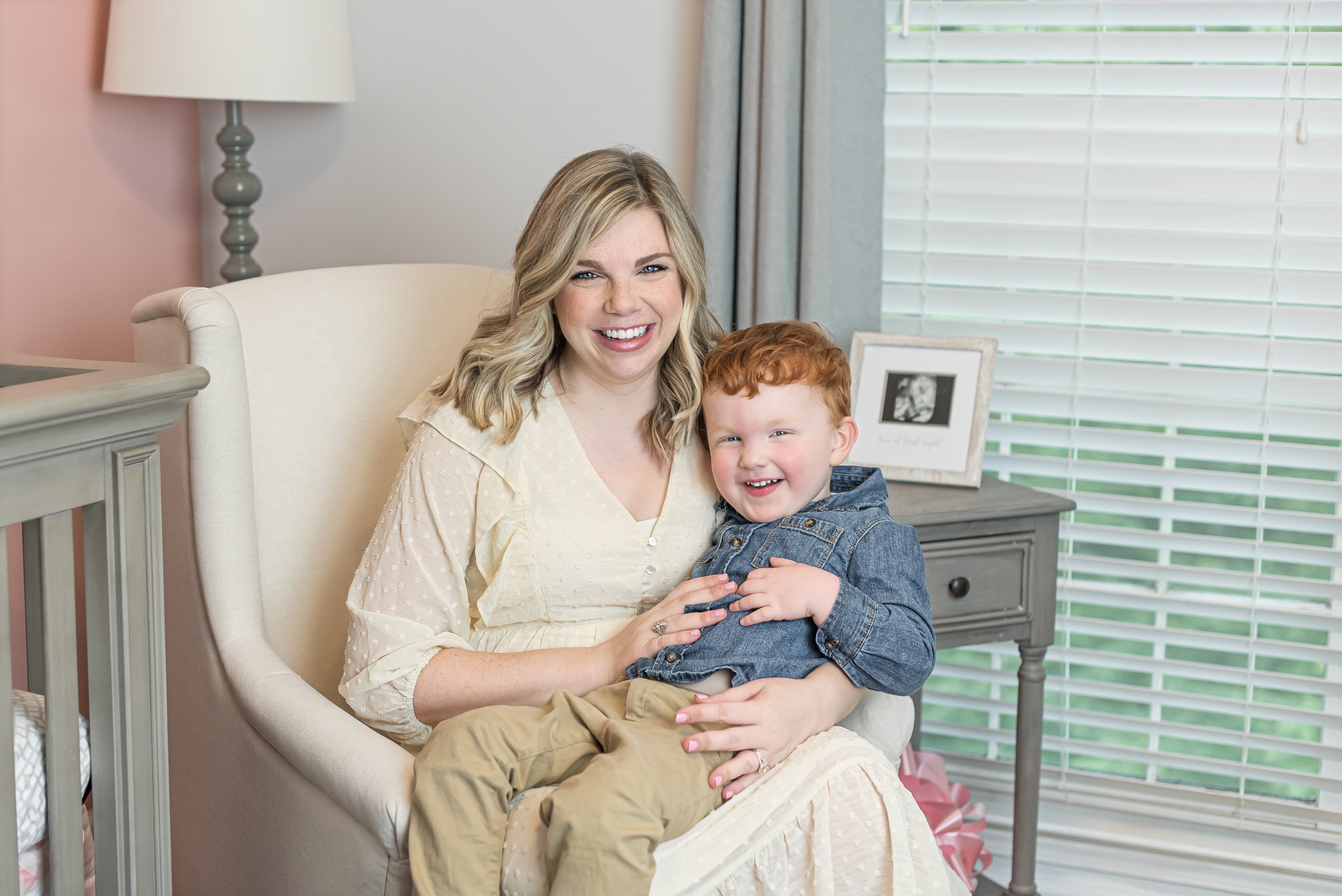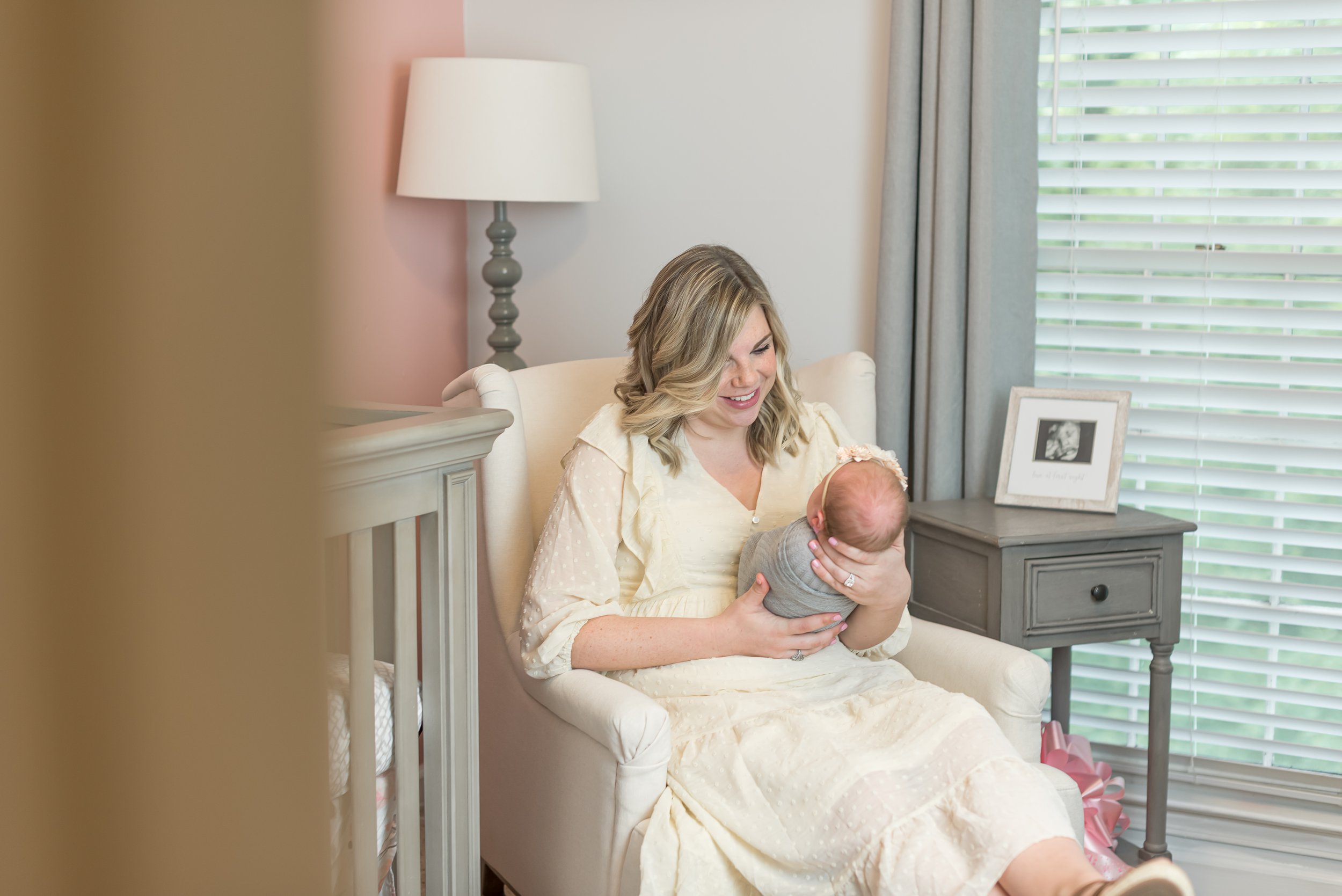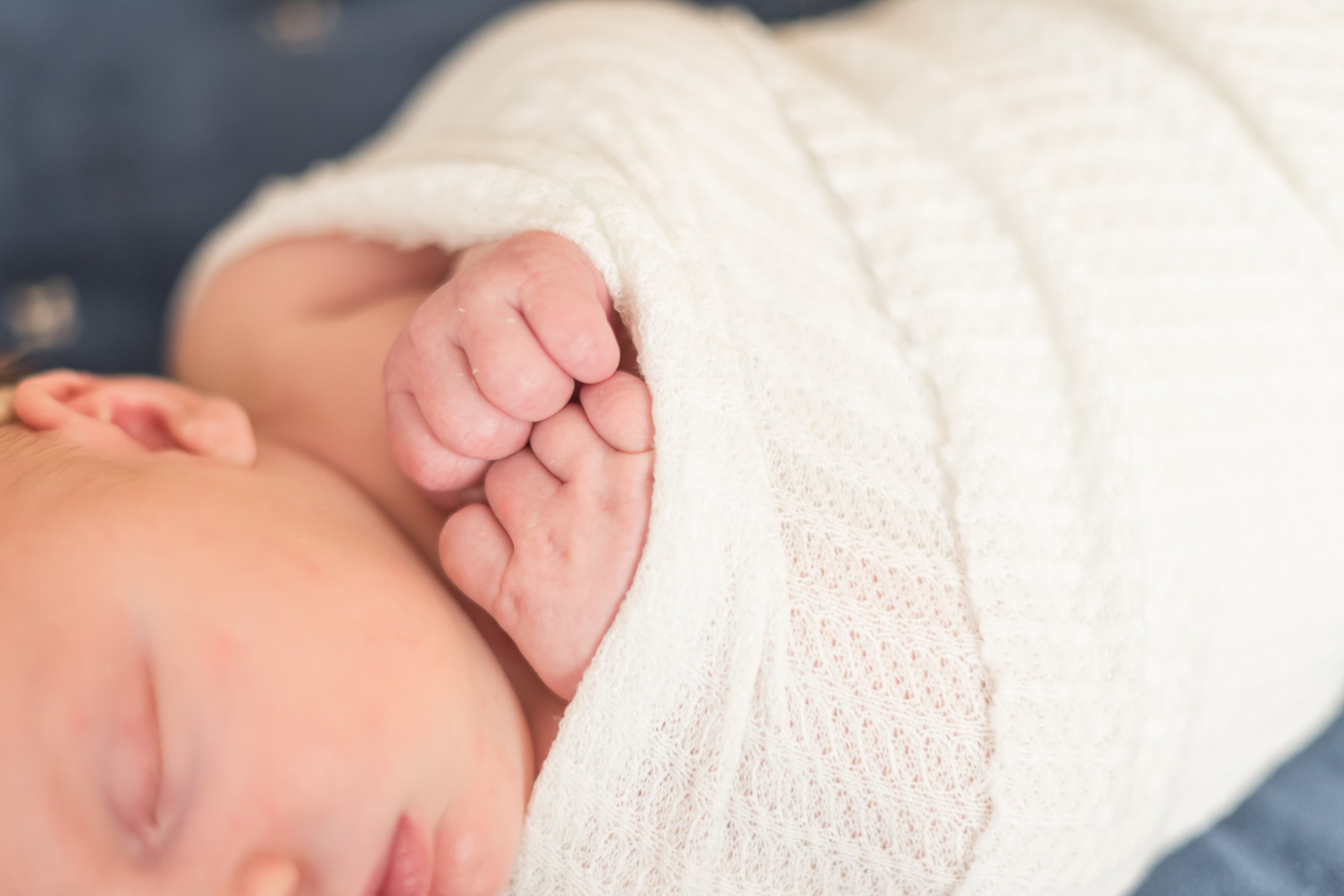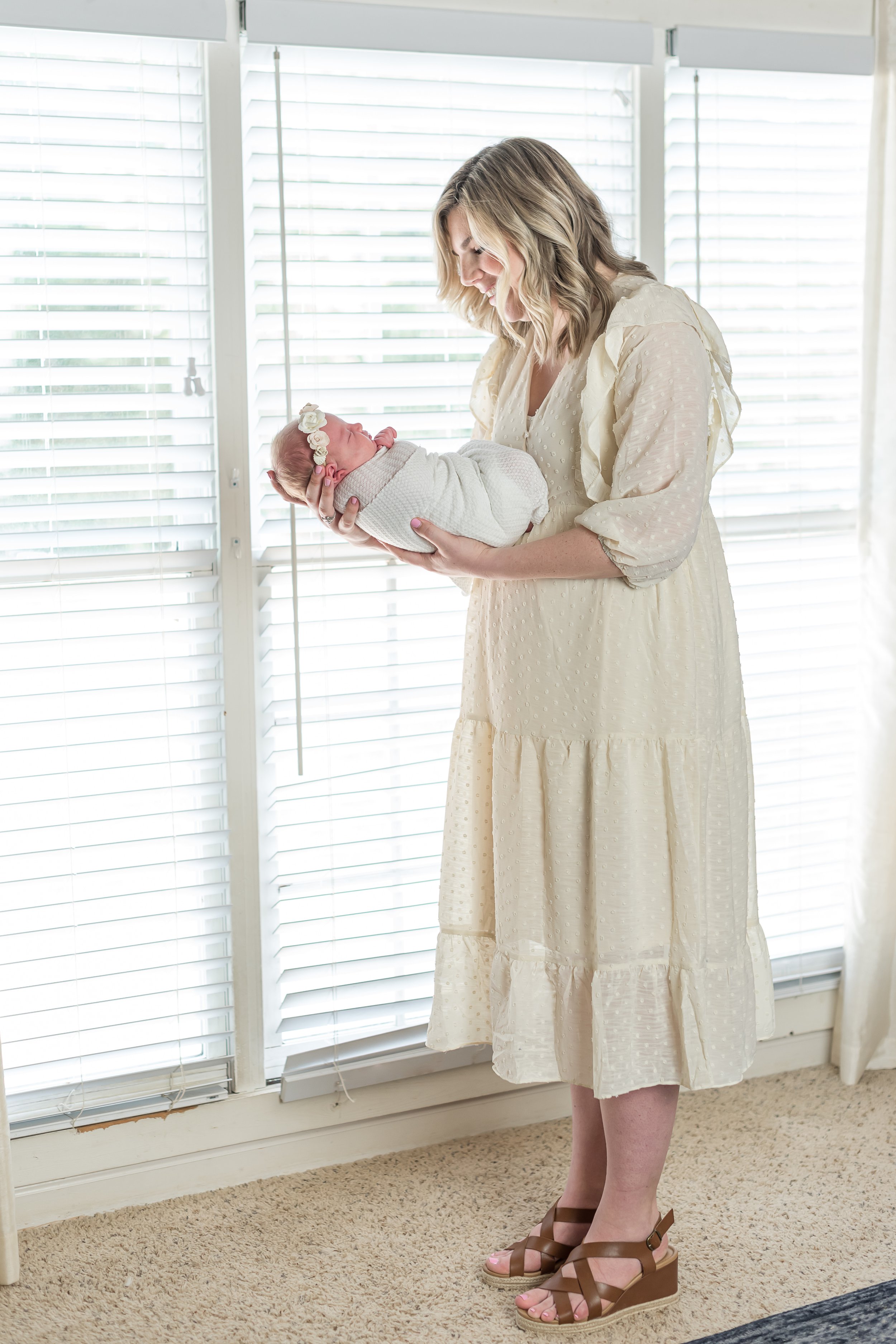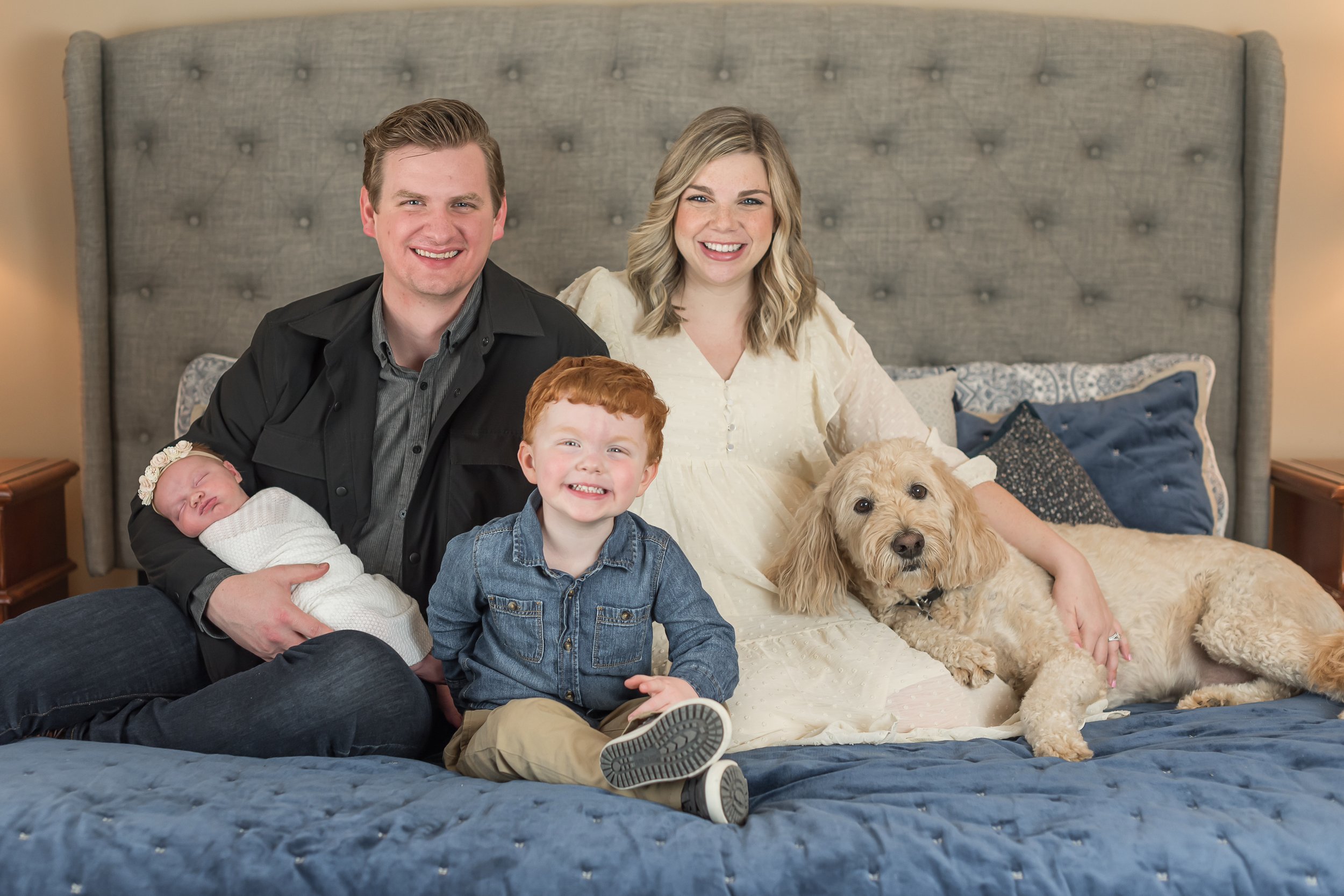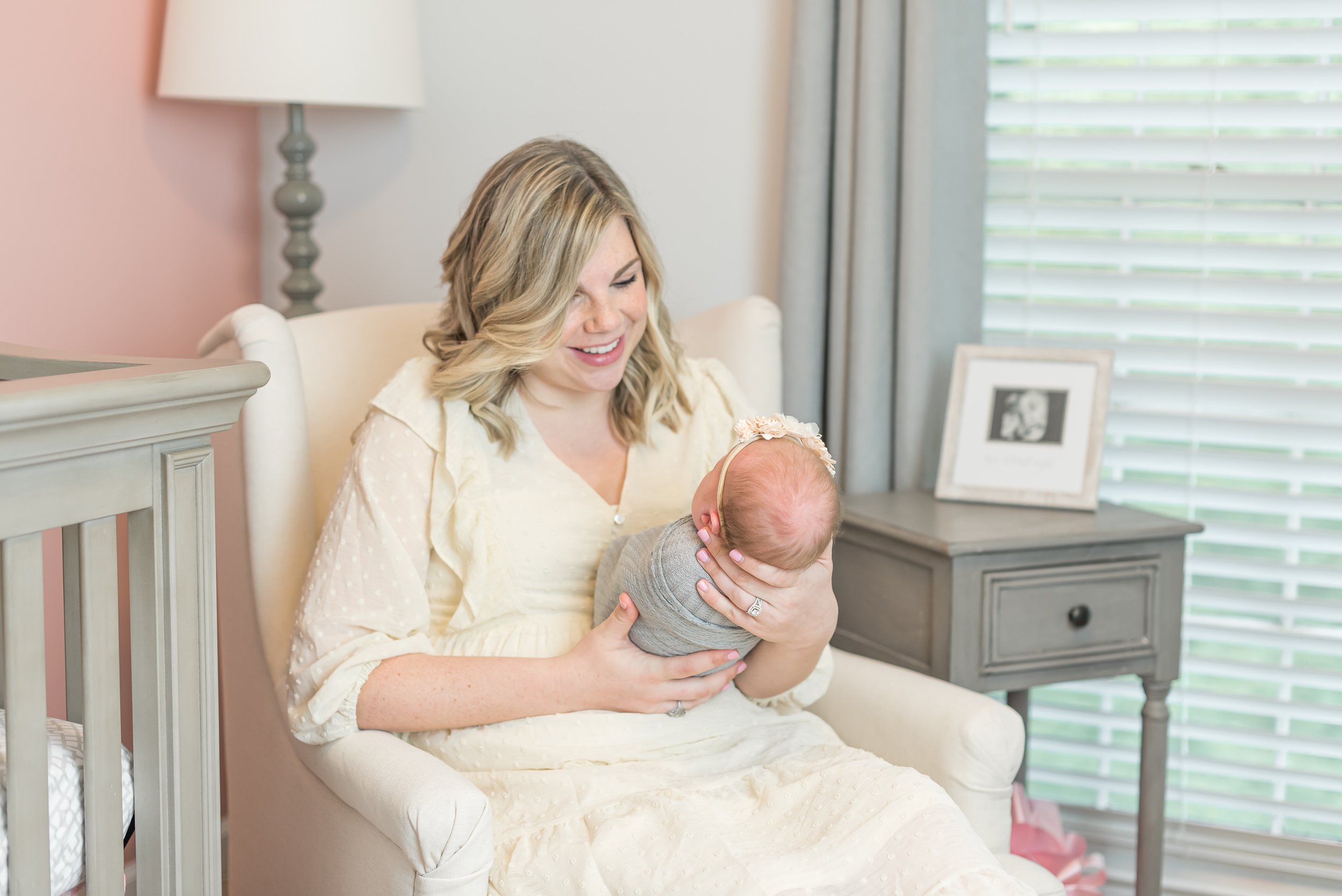Postpartum Feels
The word “postpartum” is defined as the period after childbirth, also known as the “fourth trimester.” Mothers often experience immense biological, emotional, financial, and social changes during this time. Most also experience the “baby blues” the first couple of weeks, crying for no reason, becoming irritable, restless, and anxious. But many new mamas experience more severe postpartum emotions long past the baby blues. These feelings can be classified as Postpartum Depression, Postpartum Anxiety, Postpartum Psychosis, Postpartum Pressures, or Paripartum Depression. Although these postpartum issues are more understood today than in the past, there is still a lot of shame associated with having one of these problems. I know first hand the shame and guilt that harbors inside, but I am determined to share my experience in hopes of both helping myself and helping someone else who may feel the same.
“Research shows that 85% of first-time moms agree that the first year of postpartum motherhood is nothing like what they see on social media – because it makes parenting look easy. 59% of moms said they don’t feel society allows them to share how hard the first year of postpartum motherhood truly is.” That statement from PR Newswire could not be more true. For the first time in history, access into each other’s lives is just at our fingertips. However, the lives that are portrayed on social media are rarely the full story but rather a highlight reel of all the sweet and picturesque moments. There’s nothing wrong with sharing those moments; I do it all the time. I often post a picture of a sweet moment with my kids, knowing that they also had a meltdown just seconds after that sweet moment. Because that’s life. But most people have a hard time seeing those posts as just small highlights in the big picture of life, so they end up making comparisons, especially young, tired, and hormonal new moms. In reality, motherhood is the most challenging job and new mamas need to give themselves some grace. That is something I’m learning to do every day as a new mom of two.
I tried to prepare myself for what the first days home would look like after bringing baby girl home to her big brother. I expected for our son to not really care for her presence but to our surprise, he absolutely loved and adored her immediately. My mama heart exploded to see him hugging and kissing on his baby sister. Then my mama heart shattered when he looked at her and said, “She doesn’t like me.” I was not prepared for that. He was supposed to dislike like her, not think it was the other way around. While it was a normal reaction to feel sad by that statement, it was probably not normal to cry hysterically about it, even days after. Other illogical feelings took over throughout the following weeks and still today, such as feelings of guilt for sending our son to school while staying home with our newborn, feelings of inadequacy as a mom, feelings of shame for hating the pregnancies that brought us such beautiful babies, feelings of hopelessness and purposeless in the monotony of constant feeding and changing diapers, feelings of disinterest in activities I usually enjoy, and excessive crying, crying, and more crying.
I wish I had the words to explain the spectrum of feelings I have experienced and still am experiencing. Because of my horrible pregnancies, depression and anxiety set in starting in the first trimester and continued all the way through postpartum or the fourth trimester. The scientific term for these feelings is Peripartum Depression. According to the American Psychiatric Association, “Peripartum depression refers to depression occurring during pregnancy and after childbirth. The use of the term peripartum recognizes that depression associated with having a baby often begins during pregnancy. It is a serious, but treatable medical illness involving feelings of extreme sadness, indifference, anxiety, as well as changes in energy, sleep, and appetite.”
During both pregnancies, I experienced depression. My first pregnancy brought on a deep dark depression with PTSD that I hope to never experience again. And my second pregnancy brought on a depression with more of a helpless and useless feeling. Depression was and is present in this current postpartum season but in a different way than in my pregnancies. As soon as each of my babies were delivered, the sick and debilitating pregnancies ended and I immediately felt more like myself again. But the hormones that appear after childbirth ran strong through my system and were uncontrollable at times. Baby blues were very evident those first couple of weeks after each birth, but I continued to struggle once those weeks passed.
The interwebs list all types of different symptoms of postpartum depression such as:
Depressed mood or severe mood swings
Excessive crying
Difficulty bonding with your baby
Withdrawing from family and friends
Loss of appetite or eating more than usual
Inability to sleep or sleeping too much
Overwhelming fatigue or loss of energy
Loss of interest in things you used to enjoy
Intense irritability and anger
Fear that you're not a good mother
Feeling hopeless and isolated
Feeling worthless and inadequate
Feelings of shame and guilt
Unable to think clearly
Restlessness and irritability
Severe anxiety and panic attacks
Thoughts of harming yourself or your baby
Recurrent thoughts of death or suicide
That is quite a long and scary list. Thankfully, my symptoms were on the less scary side. Both of my postpartum seasons had similar experiences, but I also had some different symptoms the first time compared to this second time. Honestly, I didn’t even realize I was going through any postpartum depression symptoms after our first baby. I was just so happy to not be pregnant and out of that dark depression that I didn’t see the other hormonal changes taking place, such as excessive crying and feelings of shame and guilt. My current postpartum season has also been filled with excessive crying for no reason, along with feelings of inadequacy, hopelessness, and fear of not being a good enough mother. The crying is the most evident one. My poor husband has had to endure numerous breakdowns and illogical tears. It’s taken his help to accept that all of these feelings are just part of uncontrollable postpartum hormones.
It has actually taken a lot of help from many different sources to be able to work through these postpartum thoughts and feelings. Because I already struggled with anxiety and depression, my family and I tried to be proactive in treating and preventing postpartum depression as much as possible. I want to share the specifics of what has and is helping me. While these supports are not an end all be all, they have been extremely helpful to me and hope it can encourage anyone going through similar experiences:
Counseling
One way to be proactive in treating and preventing depression was to get counseling. I began going to counseling during my first pregnancy and have kept going through the past few years even when things were good. Counseling has been such a great recourse for me to help manage my thoughts and emotions.
Medication
I began taking antidepressants years ago due to anxiety attacks then continued taking them throughout both pregnancies and after. Upping the dosage during my first pregnancy helped get me out of that scary dark place, and continuing that dosage helped me keep my head above water during the crazy hormonal stages of postpartum. Medication is not always the path to choose but it has definitely been beneficial for me.
Getting Out
Another way for me to combat my feelings during both my first postpartum season and in my current one is by getting myself out of the house and into society, making myself feel a part of the community again. The longer I stay stuck at home, the darker my mind starts to become. I start to feel like a lonely lifeless mom zombie. So simply walking around outside or in a store and watching all the hustle and bustle of life somehow allows me to feel alive again.
Formula Feeding
I debated on whether or not to share this due to the judgement I will most likely get, but it has helped some of my friends before so if it helps someone else then I am willing to share. I decided not to nurse but rather strictly formula feed. As mentioned before, I dipped down into a deep dark depression during my first pregnancy. An unexplainable depression. In fact, my family almost sent me to a psychiatric hospital at one point. So when my counselor was helping me come up with ways to be proactive in preventing that wicked depression from returning, she mentioned I might want to consider formula feeding. She explained that if I nursed, then I would be the only one who could feed the baby. I would be up all hours and become overtired, as well as mostly be stuck at home, increasing the risk of that previous frightening depression. Not to mention that if there were any struggles with nursing, then the stress of that on top of fatigue could send me to spiraling down to that dark place again. I knew that I would be judged for formula feeding (and I definitely have been), but I weighed the risks. I could try to nurse and possibly end up losing my mind and endangering myself and our babies. Or I could formula feed which would allow me to sleep and get out more, preventing me from literally losing my sanity. While I sometimes feel guilt or shame for not going the “breast is best” route, I know that “fed is best” with a sane mommy.
Sleep
Sleep has a major impact on my mood. The more sleep I get the better I feel both physically and mentally. But when I am sleep deprived my entire demeanor changes. All of my depression and anxiety symptoms magnify, getting more irritable, sad, lonely, irrational, and tearful over nothing. Thankfully, formula has allowed me to share the night feedings with my husband and get more sleep. Any nights that have to be all on me are always followed by long days of dreadful depression. Then as soon as my husband is able to help at nights again, I am like a whole new person the next day. I am so grateful for a husband who is willing to help in whatever way he can, even if it’s letting me sleep all night so that I can beat this annoying postpartum depression.
Socializing
Then of course, seeing and talking with my friends and family has been another huge source of help. It’s not exactly easy to socialize with a newborn and now three year old too, but for me it’s worth the effort. There are times that I need their physical presence but there are other times that a simple phone call or text is just enough. Their company and security grounds me when I start to lose my mind. I would not be the same without their comfort, encouragement, and prayer.
Prayer
Prayer and scripture have been my biggest source of help. I have read scripture aloud over myself and have prayed all types of prayers throughout my pregnancies and postpartum seasons. I have prayed honest prayers, desperate prayers, anxious prayers, angry prayers, and even dark prayers, especially during my sick pregnancies asking God to either deliver me of my illness or take me home. God has heard my every cry and honest remark, yet never turned me away. Instead He drew in closer. My faith is now stronger and my heart more grateful than ever before.
I am very new to this mom life of two, and all the postpartum feels have me feeling up, down, and all around. Some moments I am crying because I love them both so much, then other moments I am crying because both of them are crying. I have illogical feelings of inadequacy, guilt, shame, purposelessness, loneliness, sadness, and random crying spells. All of these intense feelings are due to what my husband humorously refers to as “hormonies” in an attempt to make me smile through the rough moments. And he’s not wrong. While logic doesn’t always register during my inconsolable moments, it does help to know that there are reasons for my postpartum feelings. Despite all the postpartum feels, I know that raising two babies will probably always bring moments of both joy and despair but I am ready and willing to take on the challenge because they are so worth it. As I write this now, I have one laying on my chest and one laying by my side under my arm. I live with spit up in my hair and on my shirt, snot on my sleeve, and zero personal space. I may be in the midst of all things postpartum, but I am beyond grateful that God has blessed me with these babies and I would not want it any other way.































